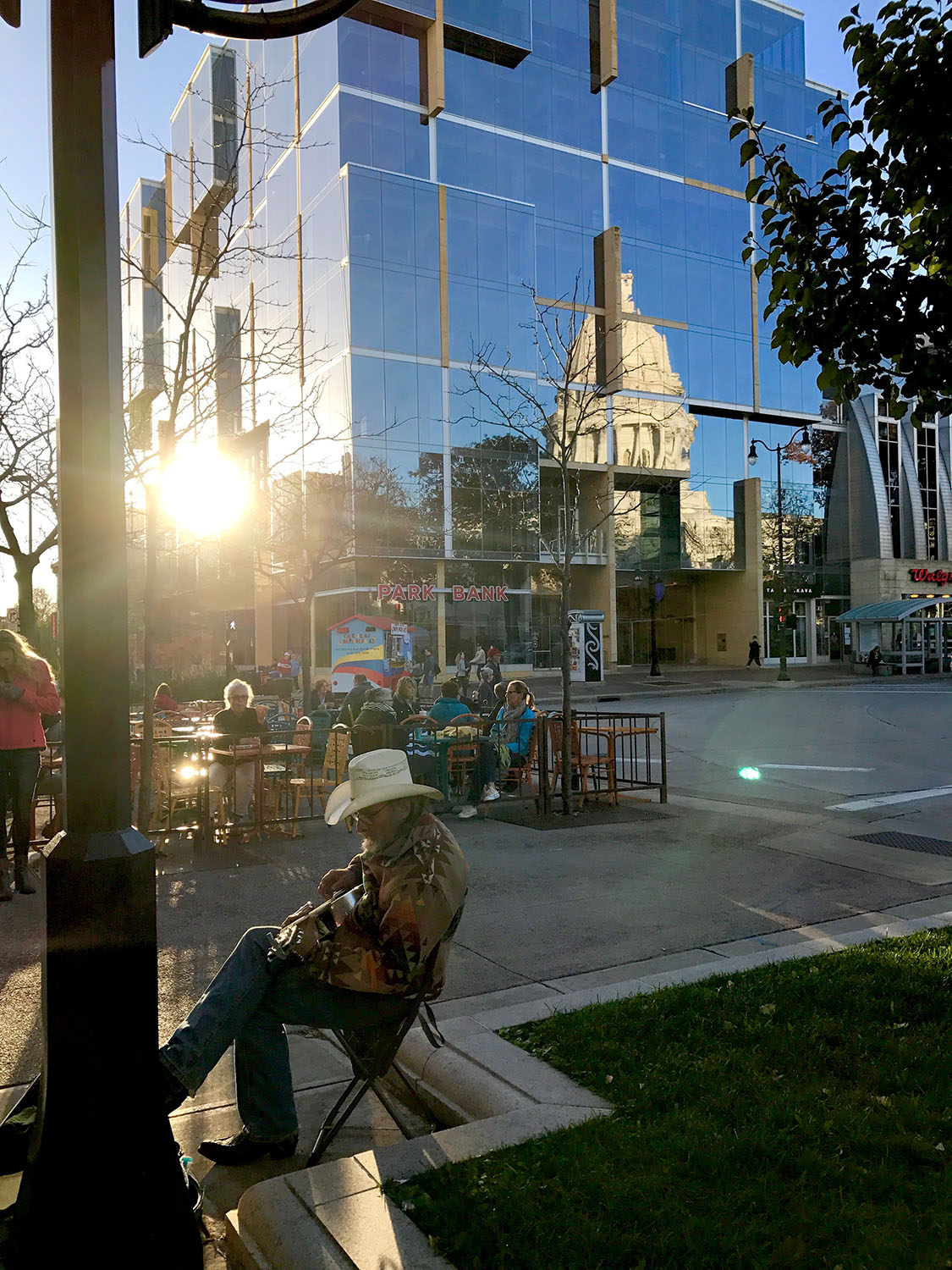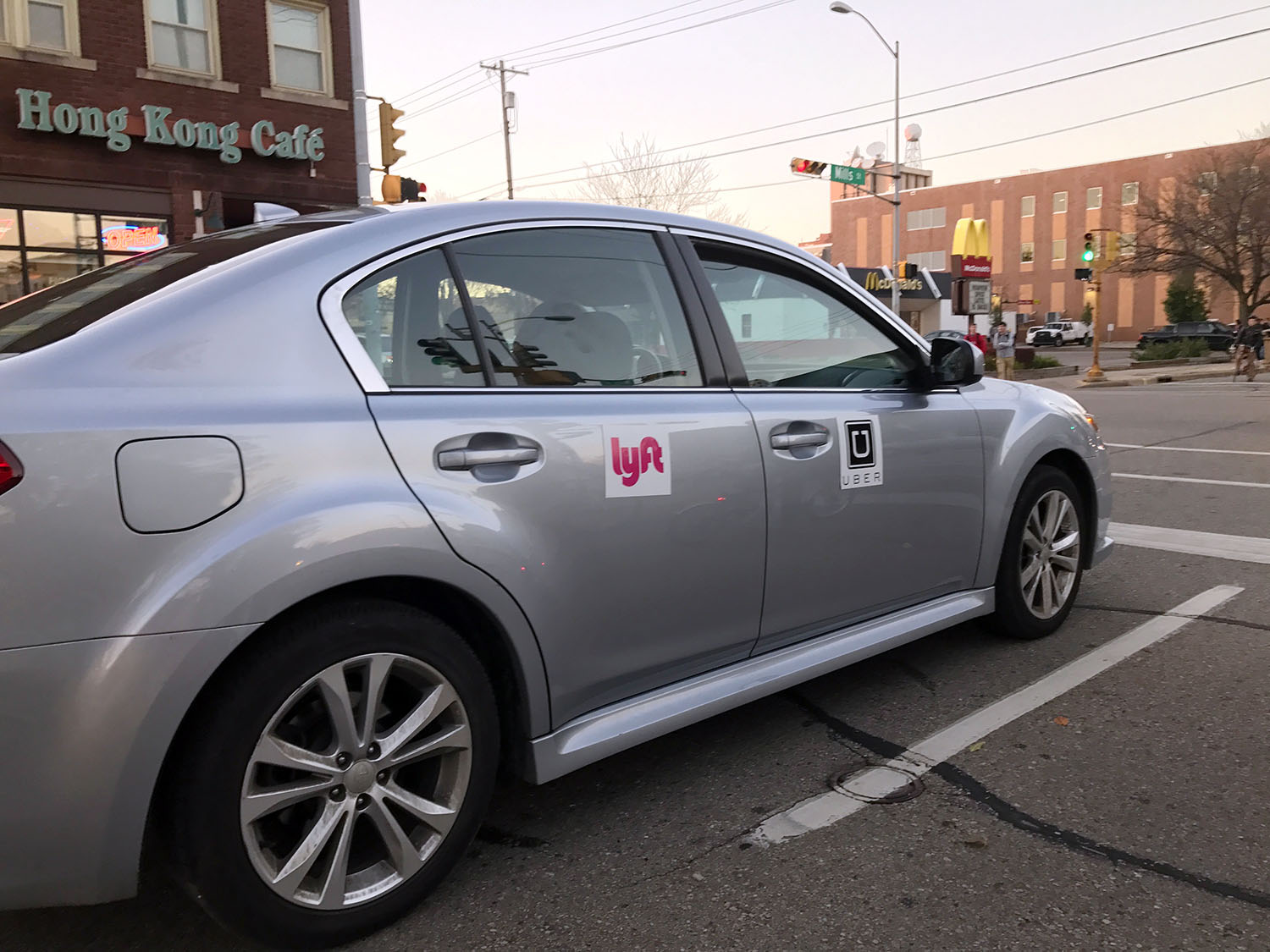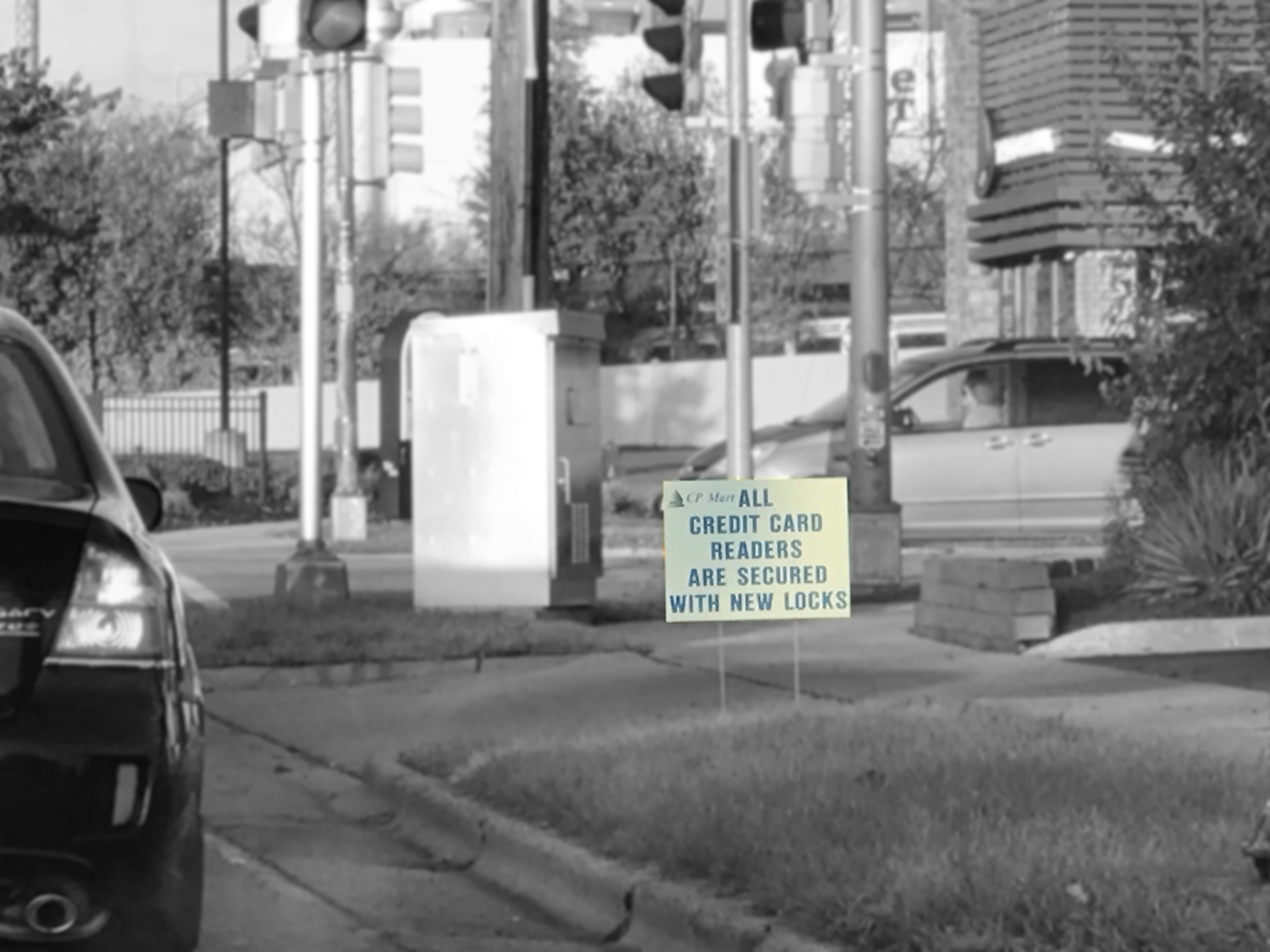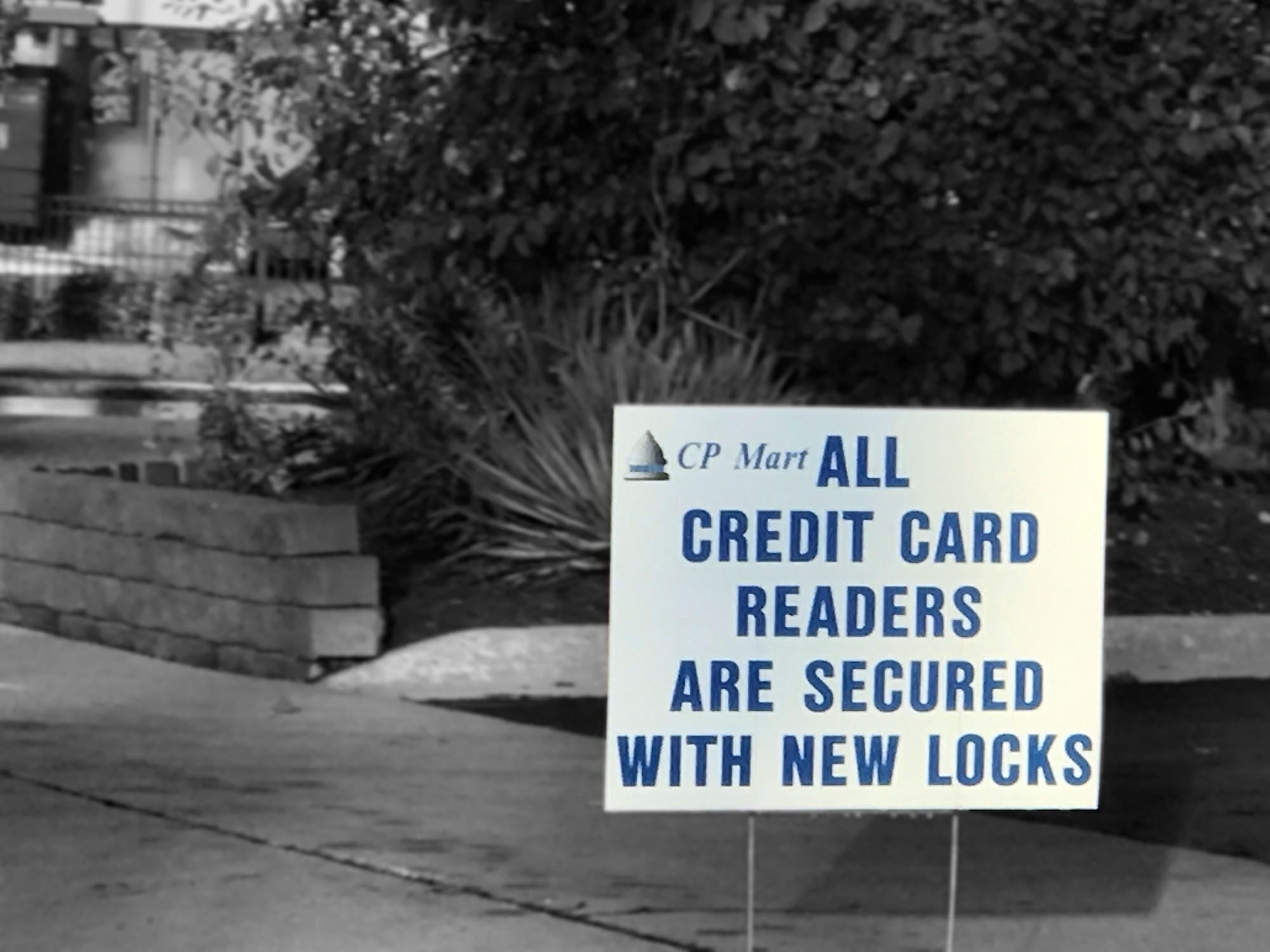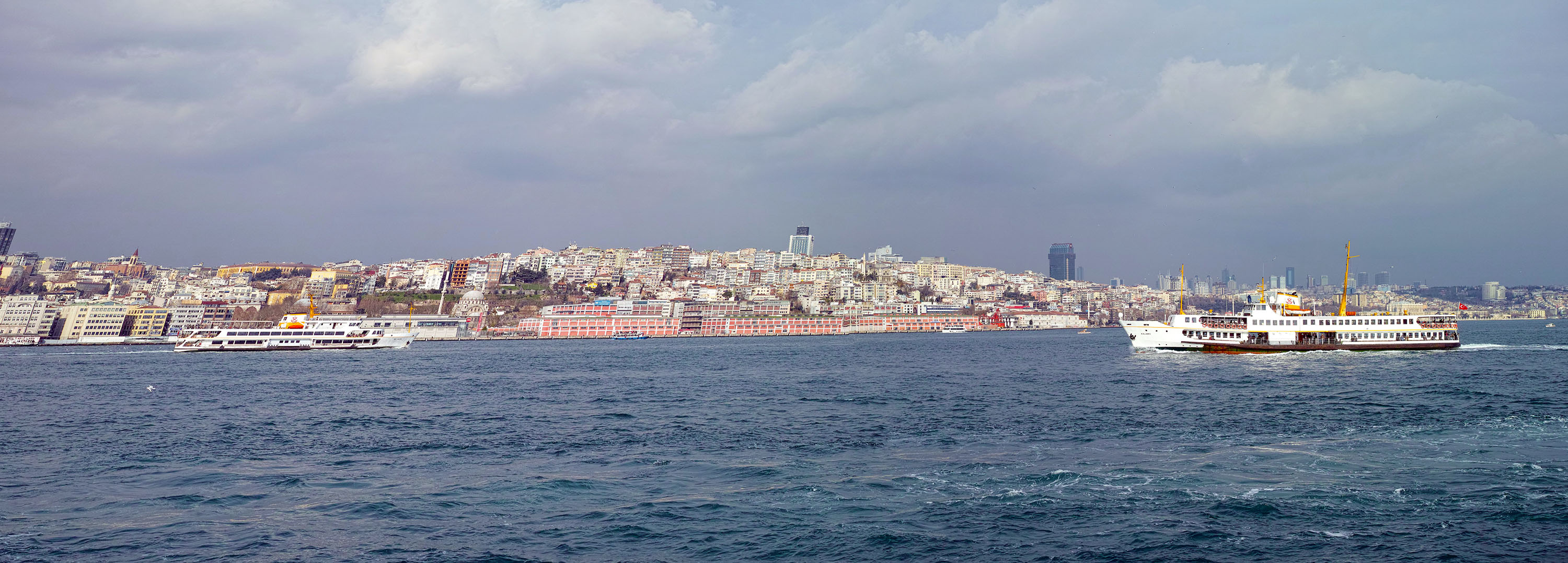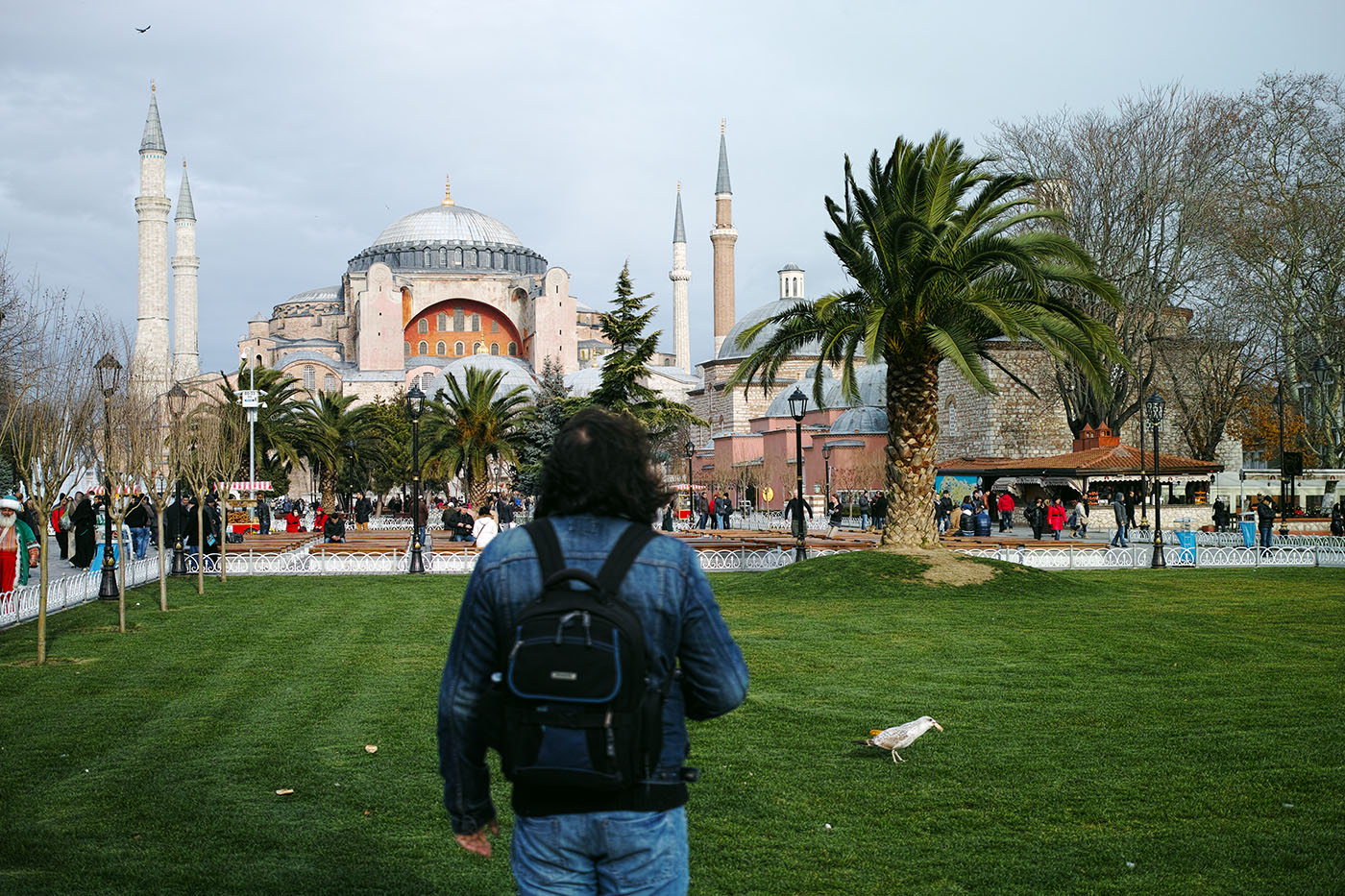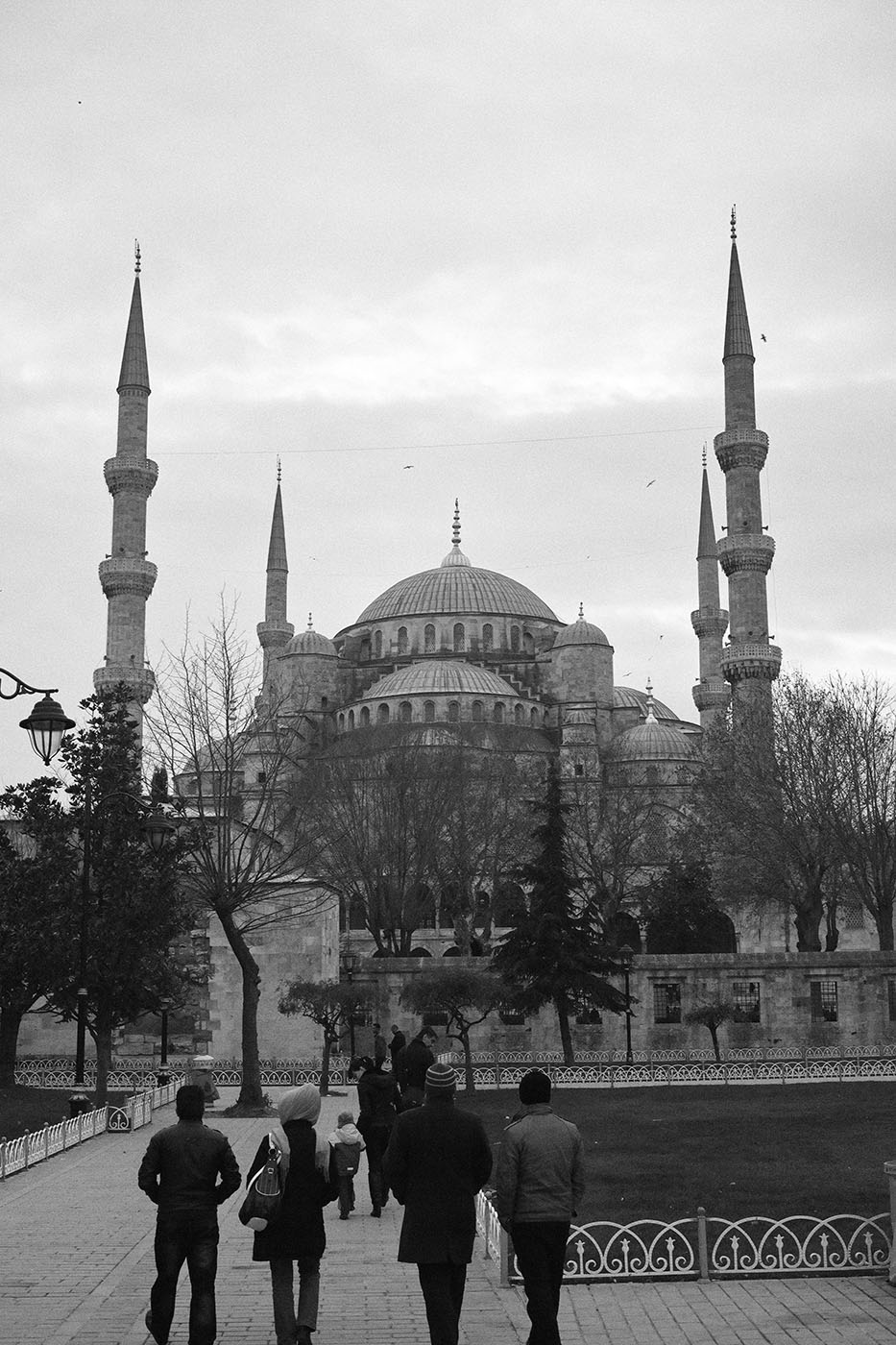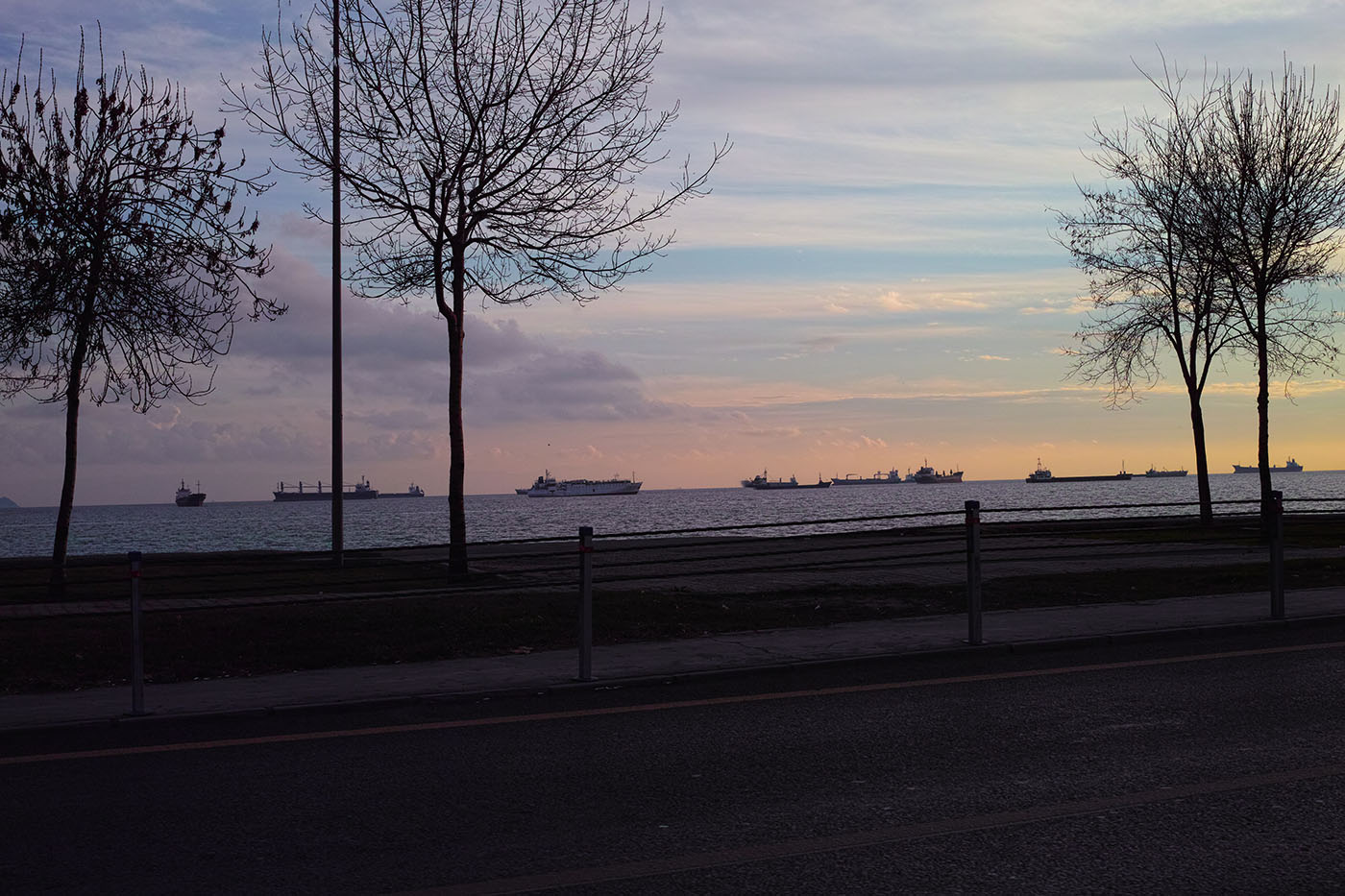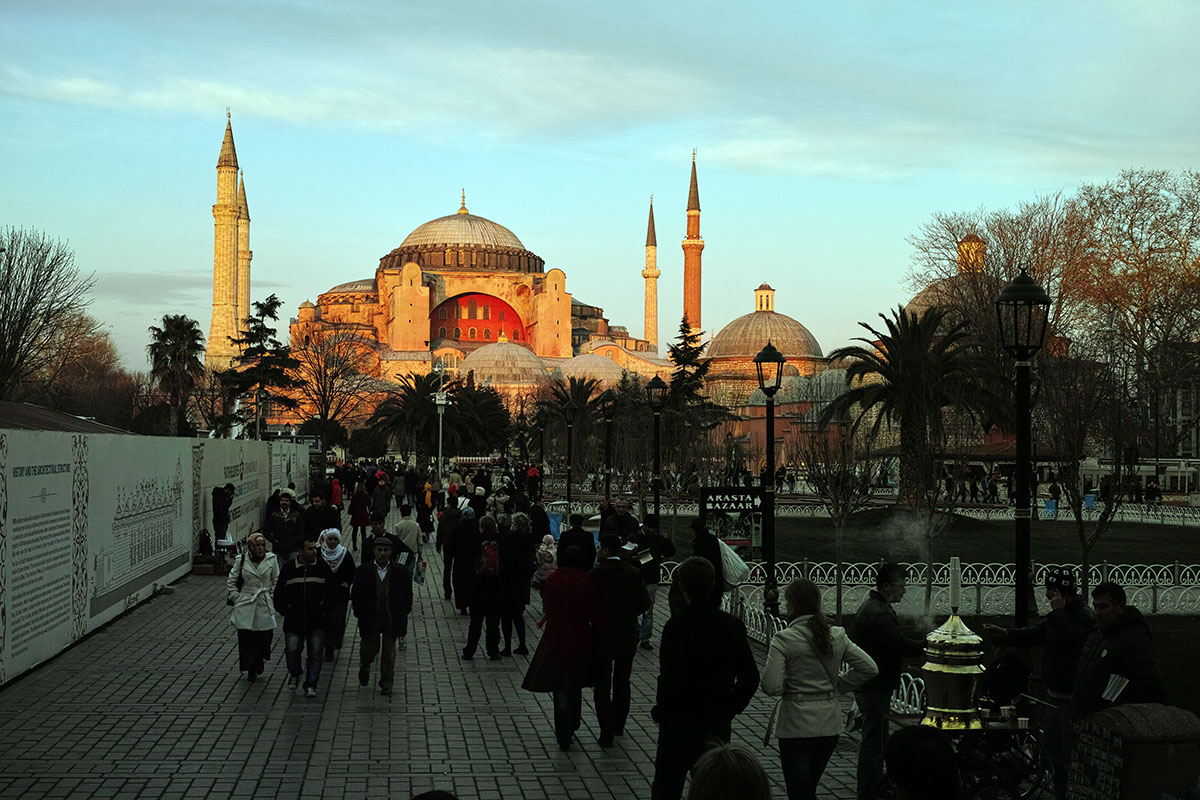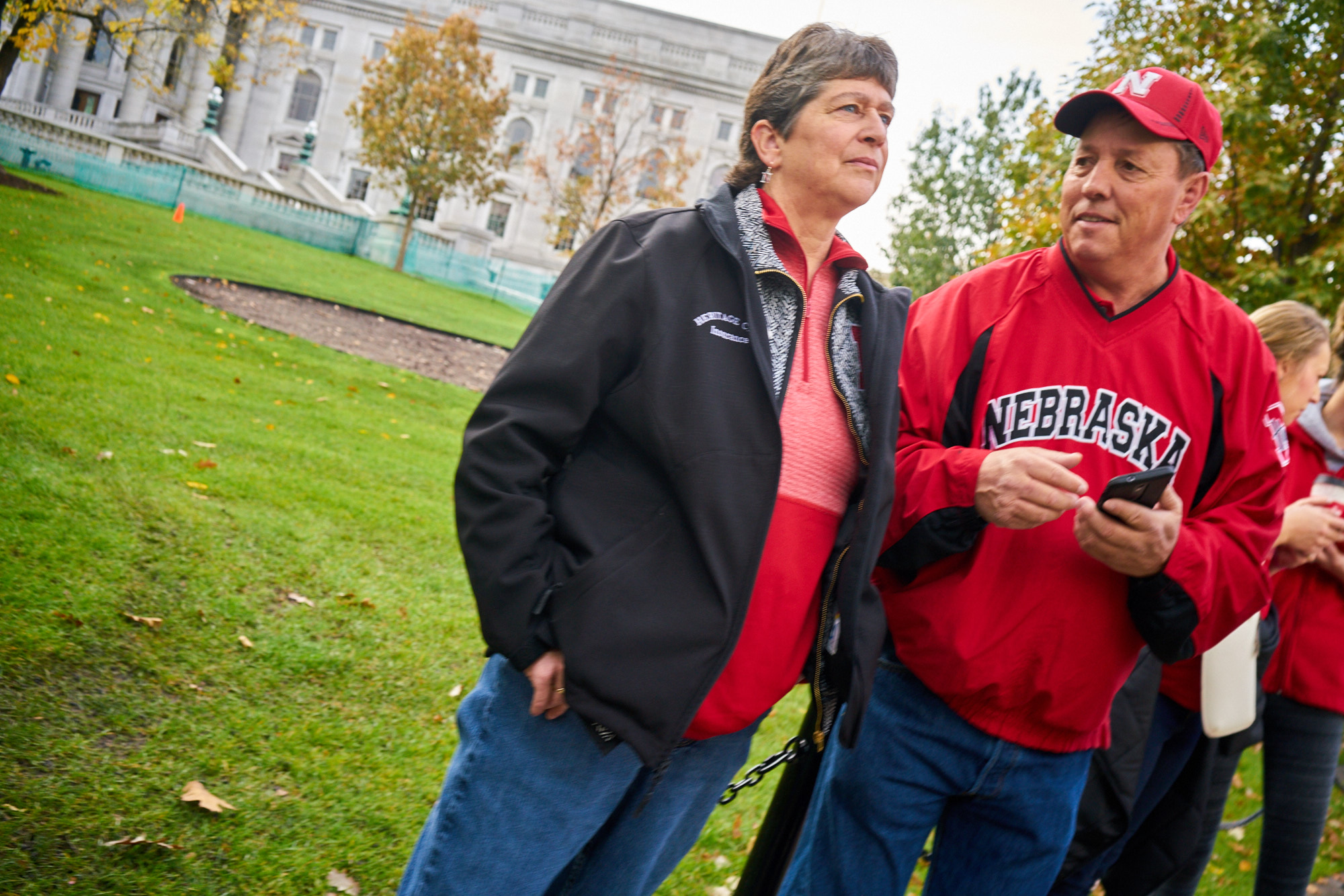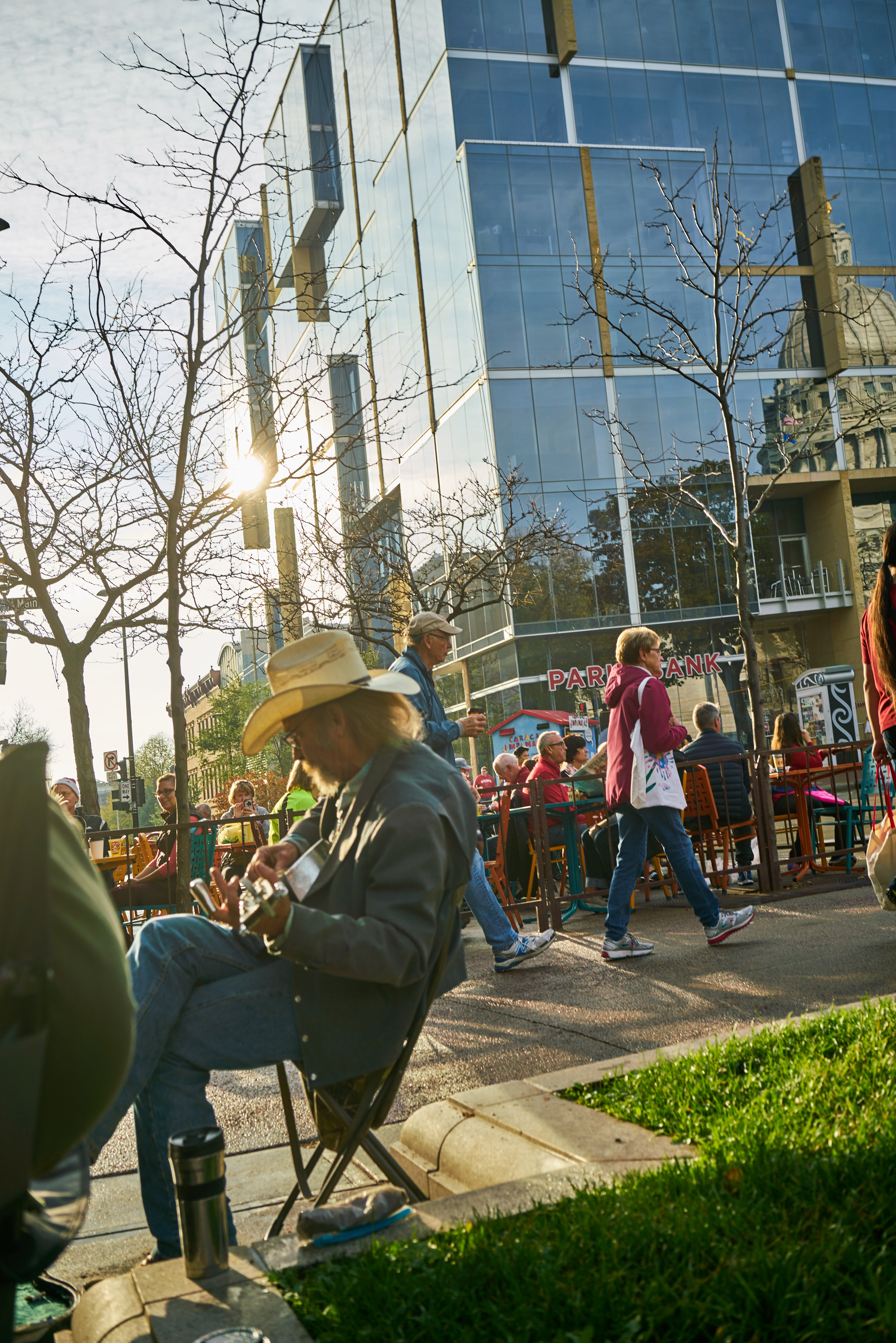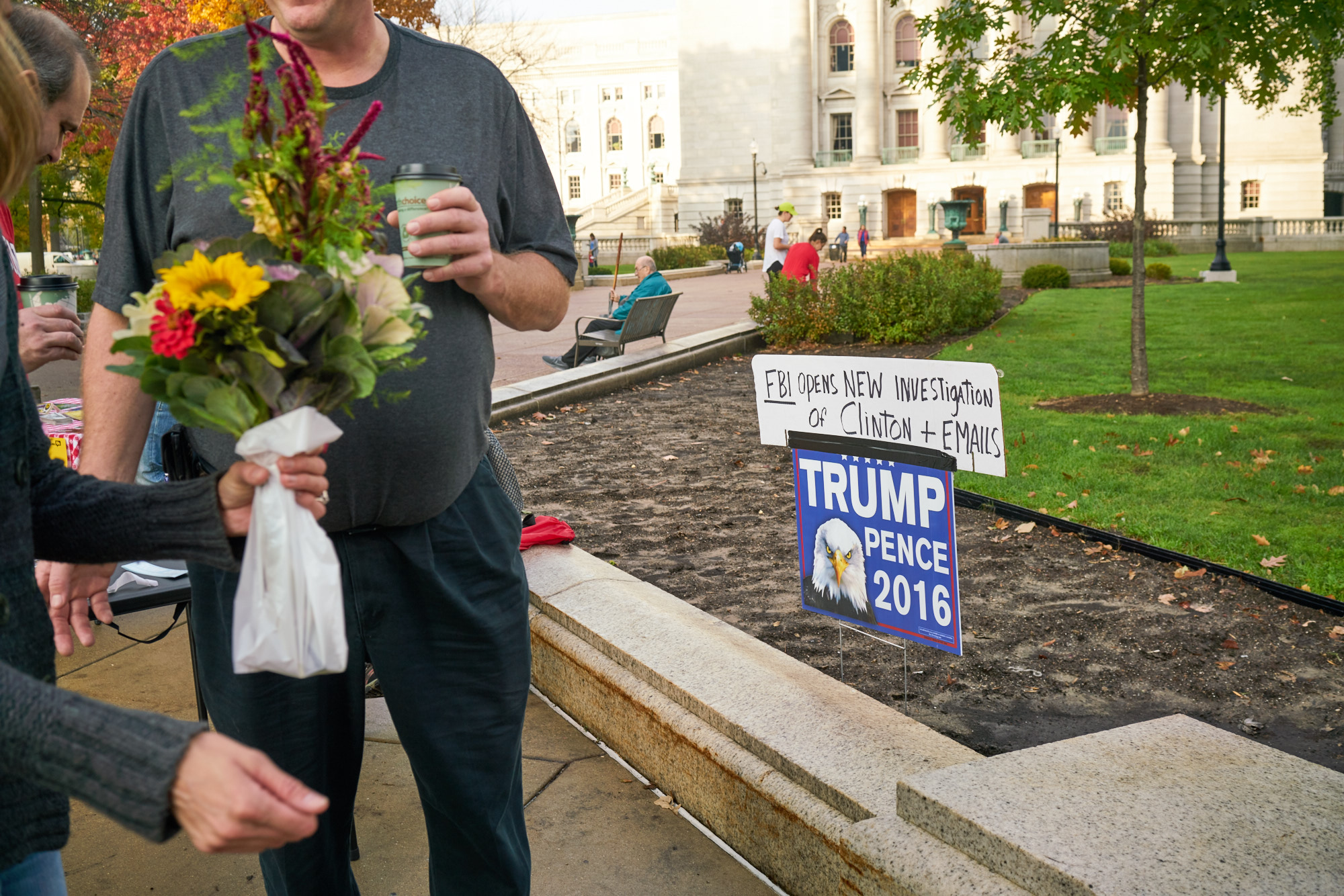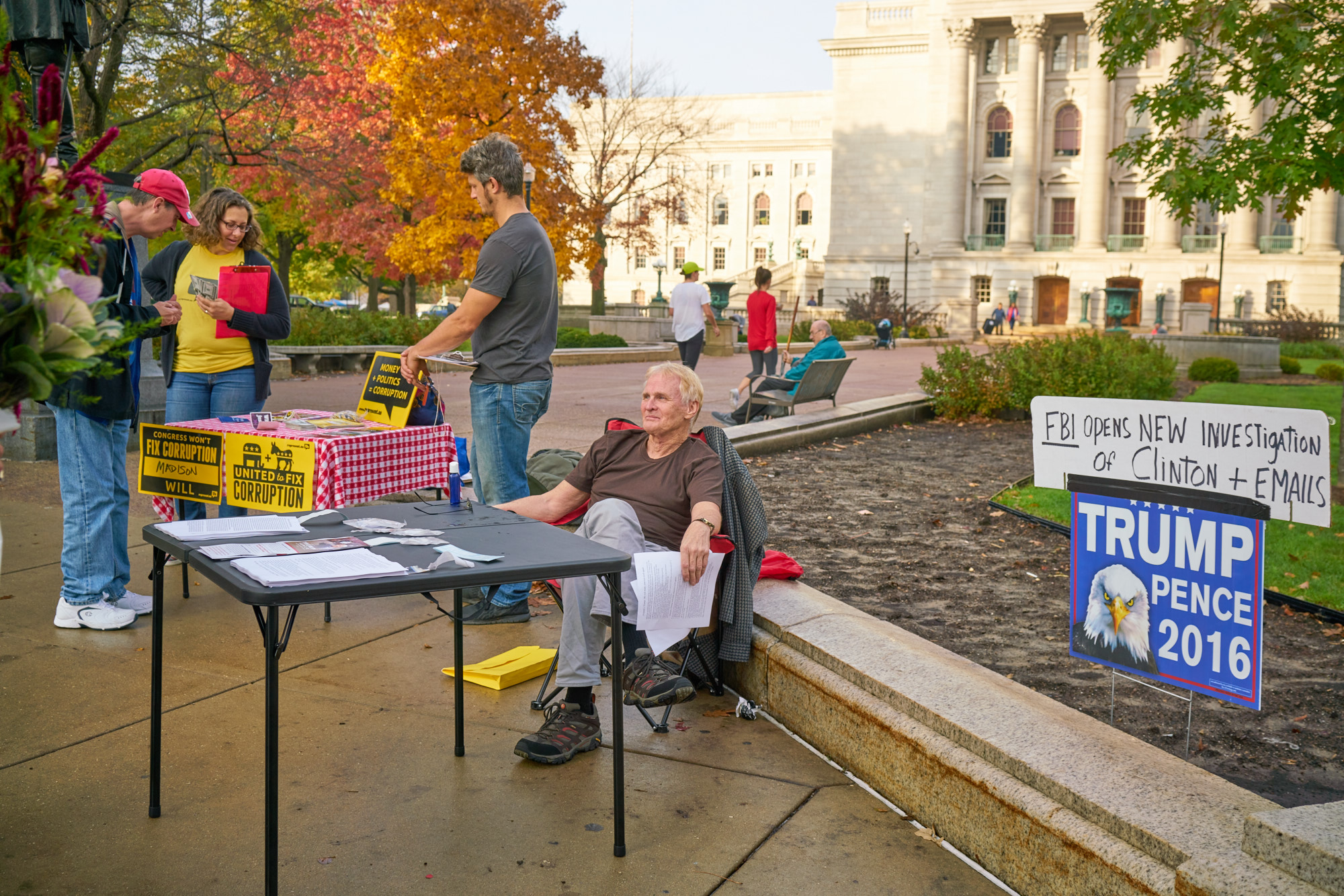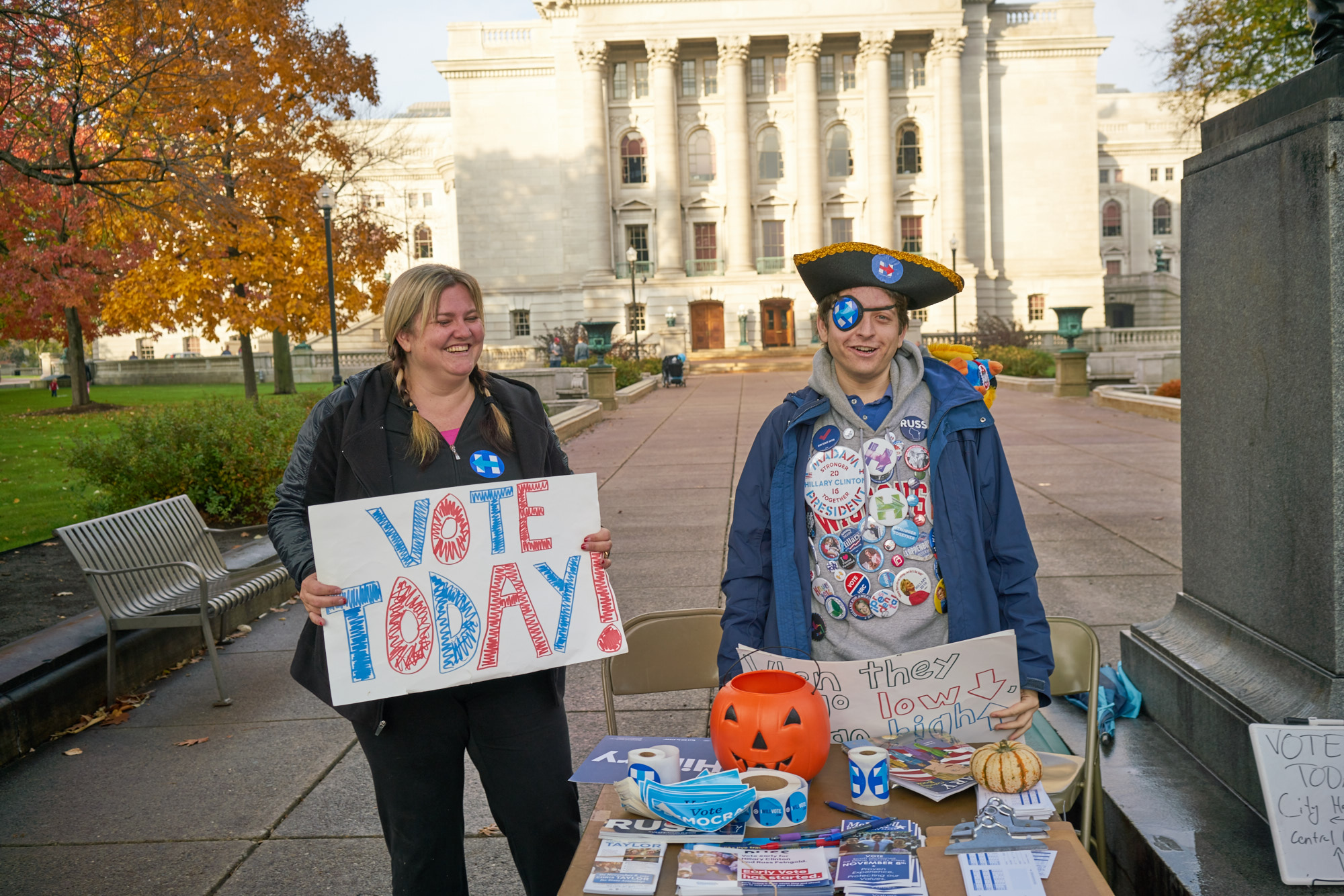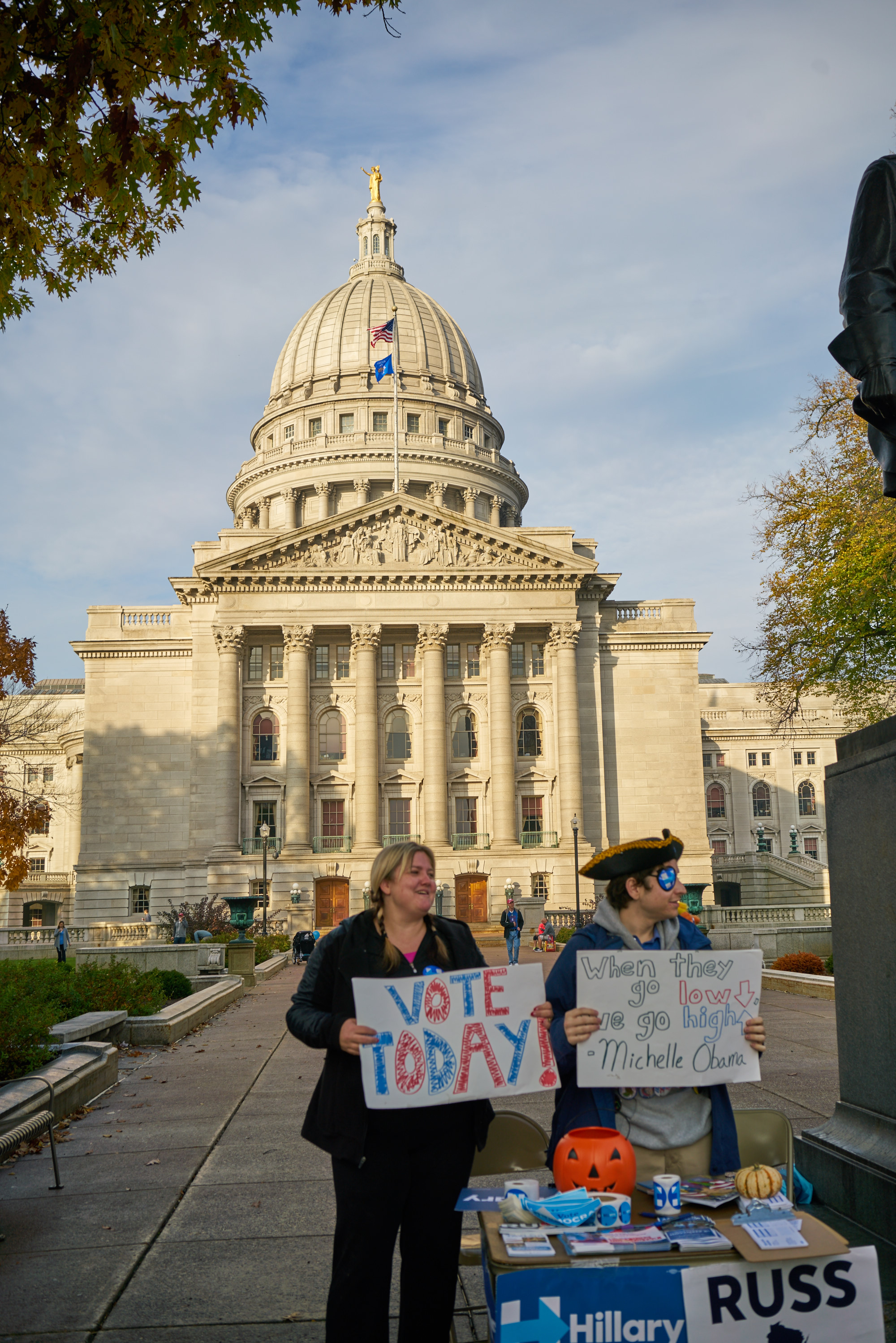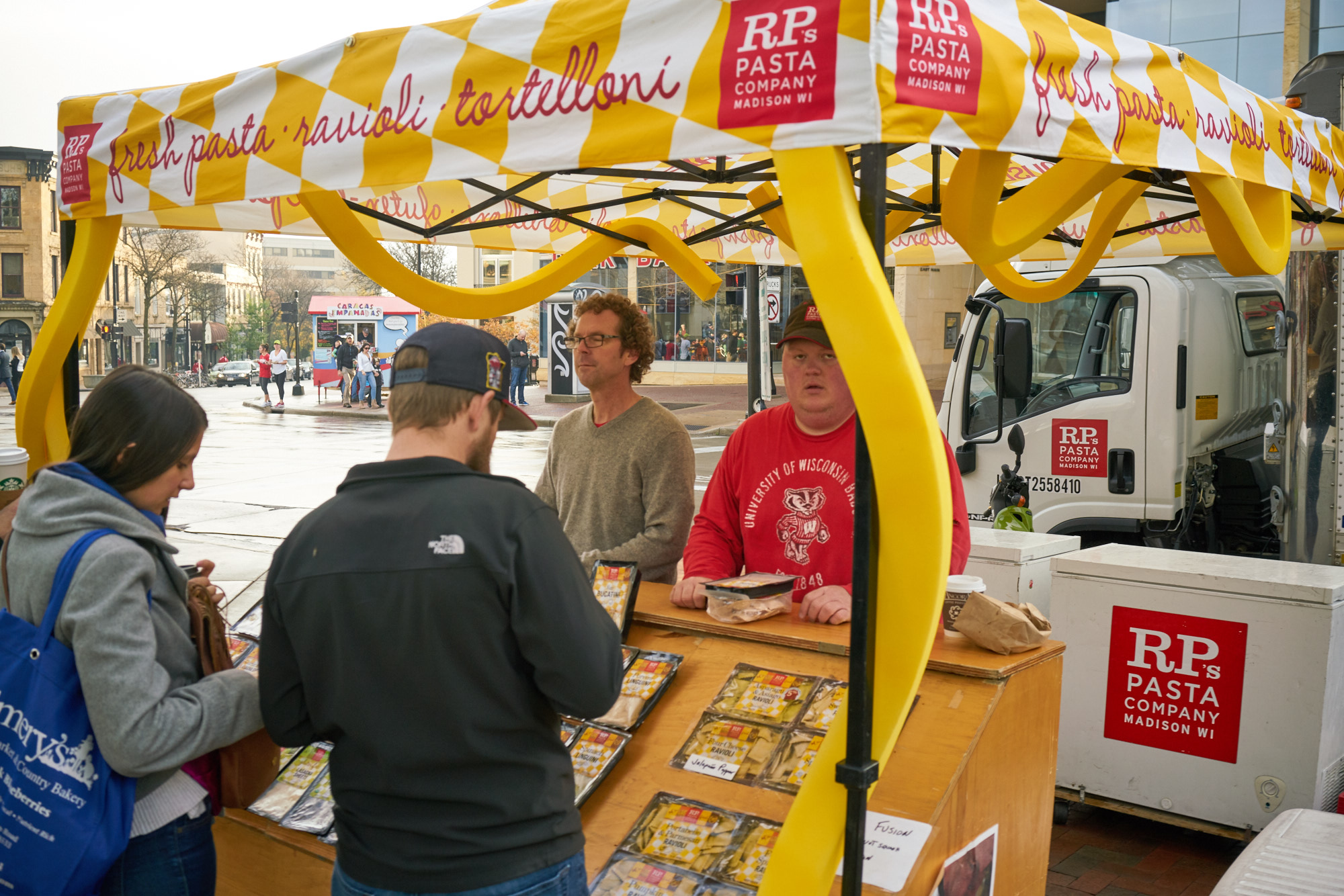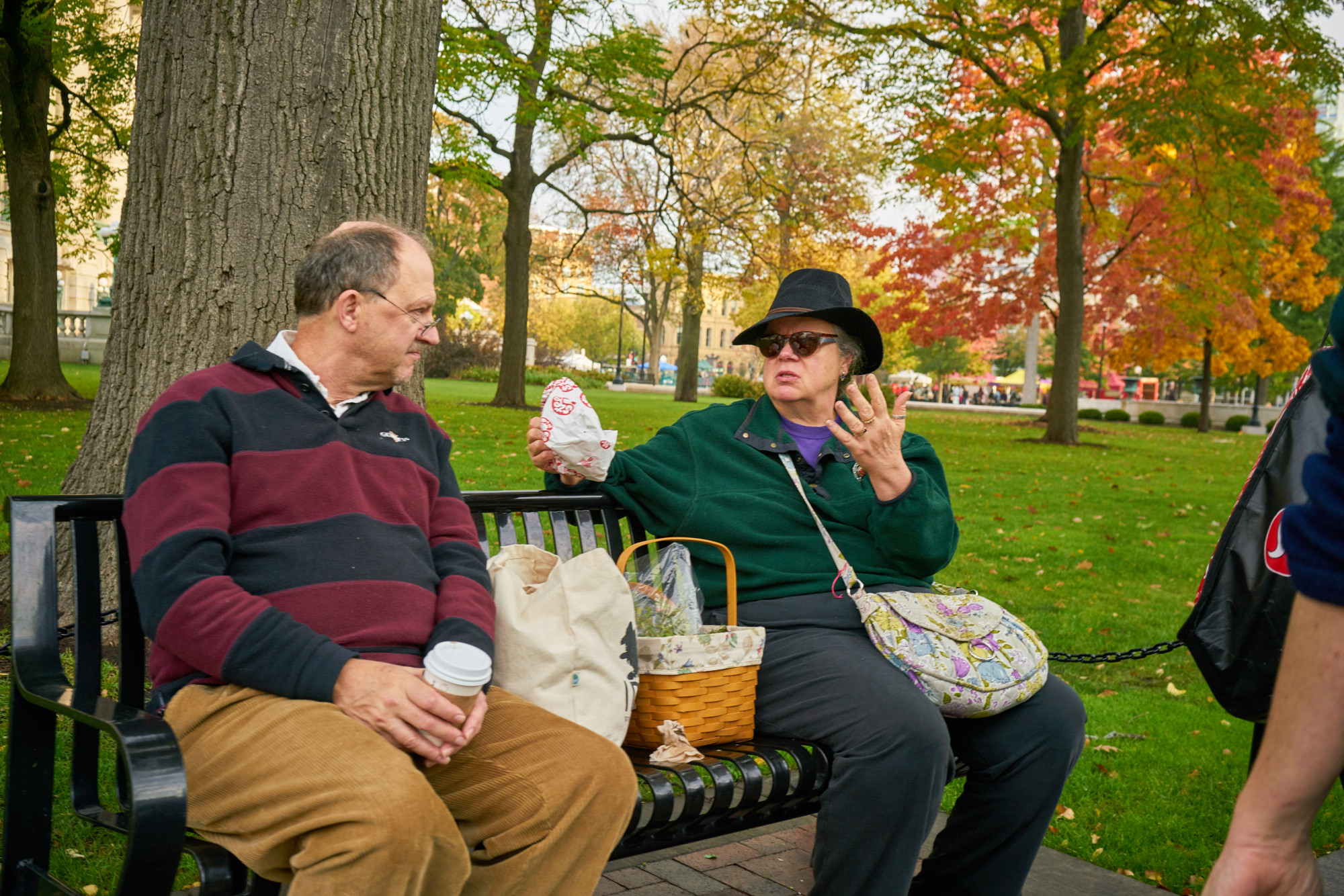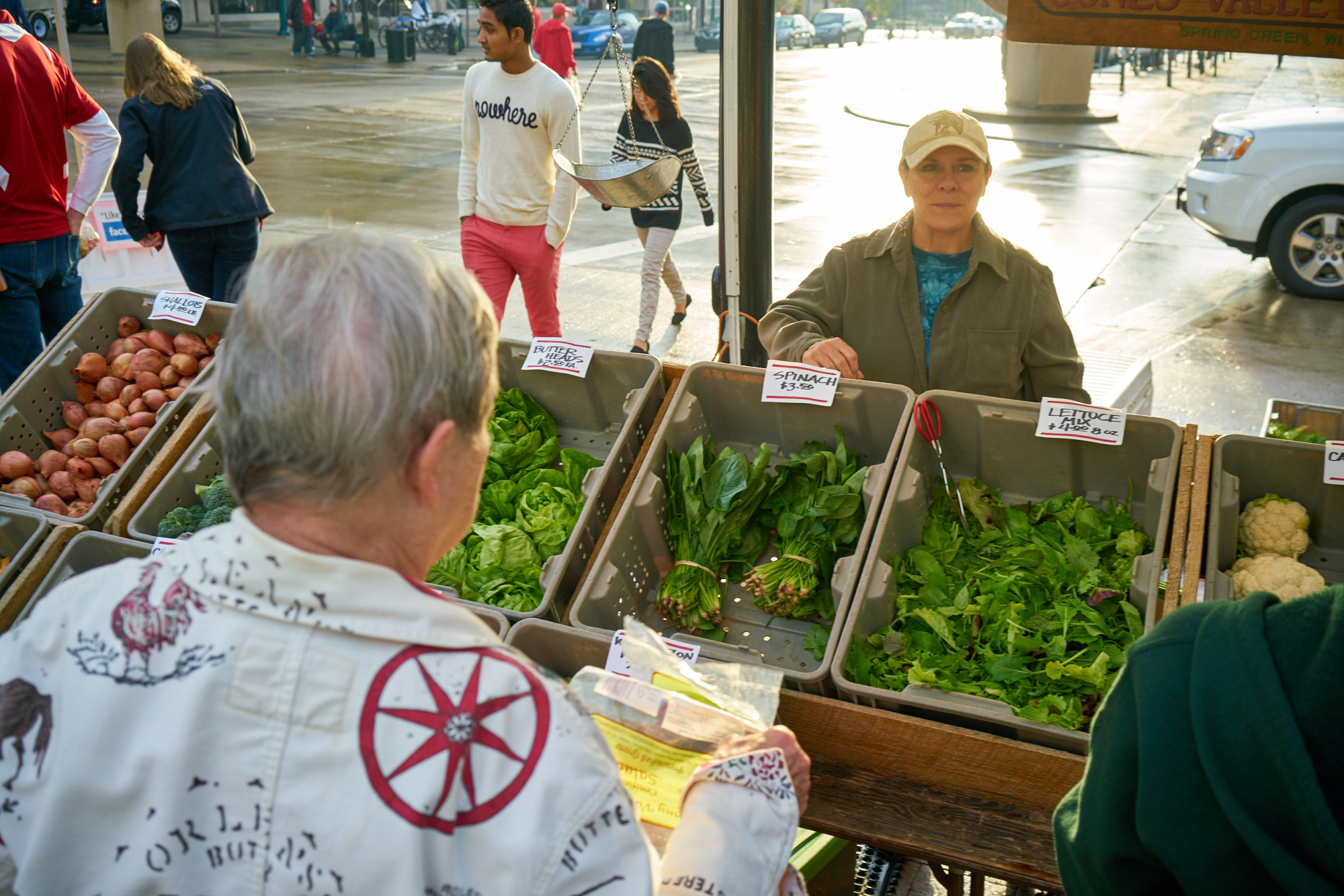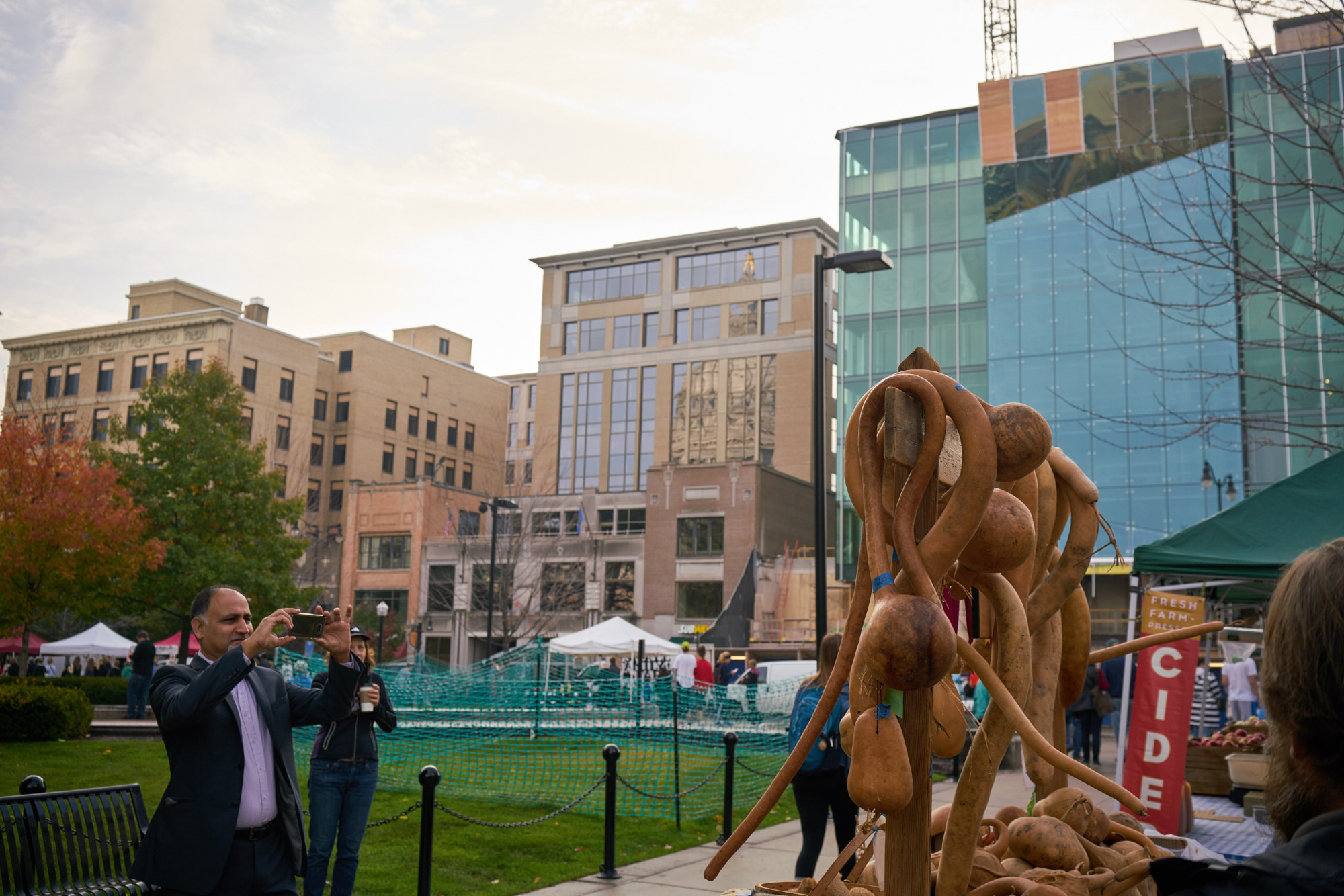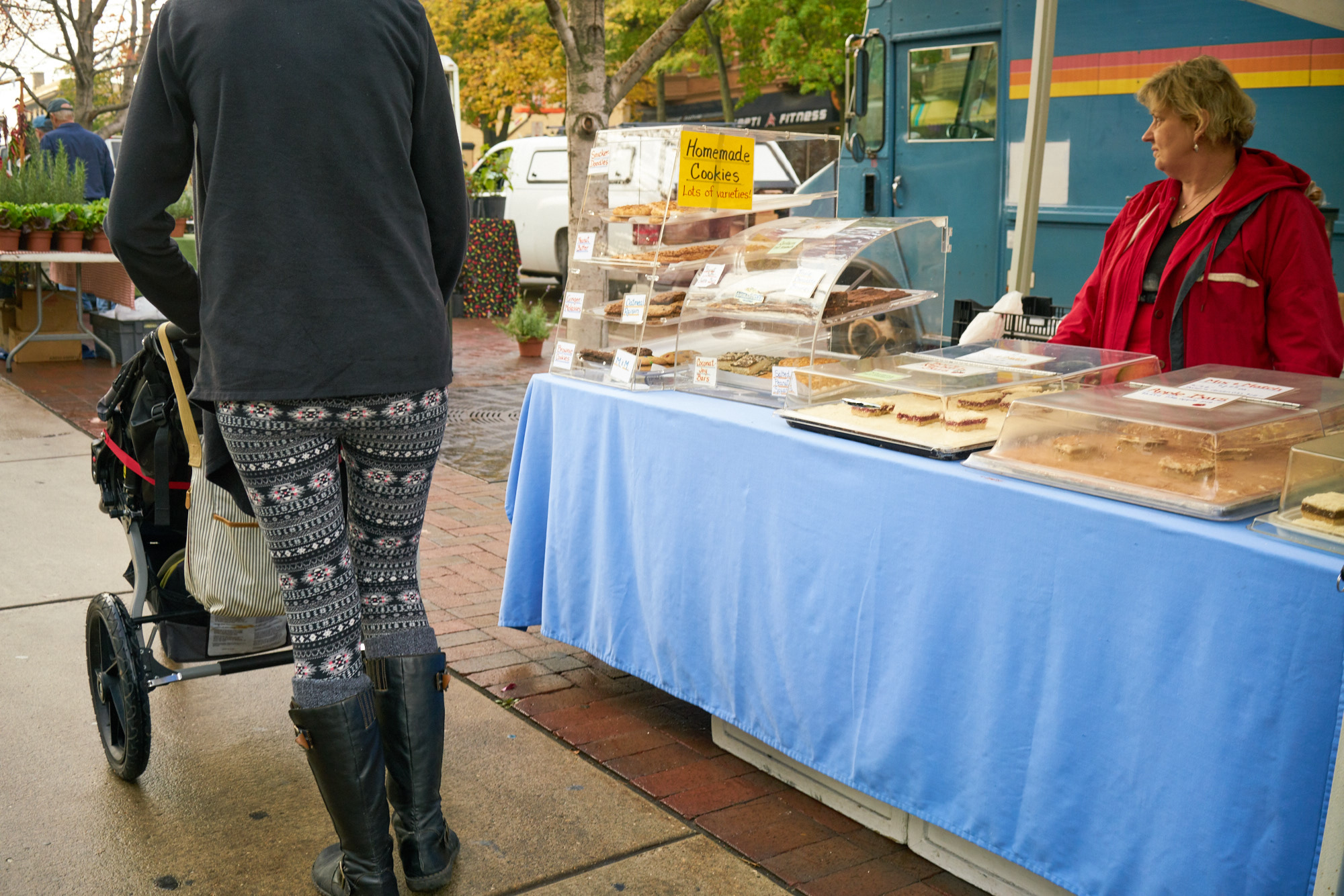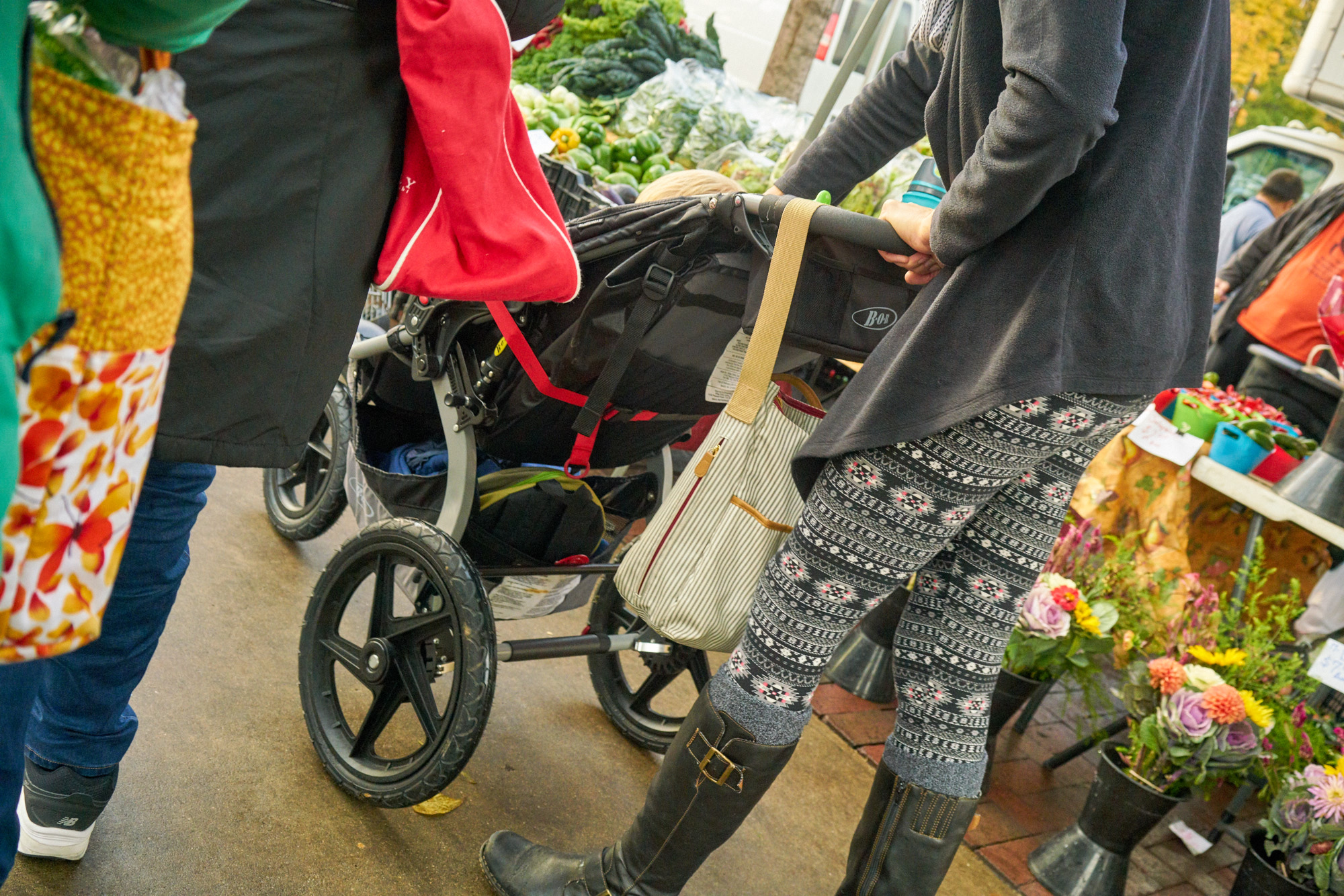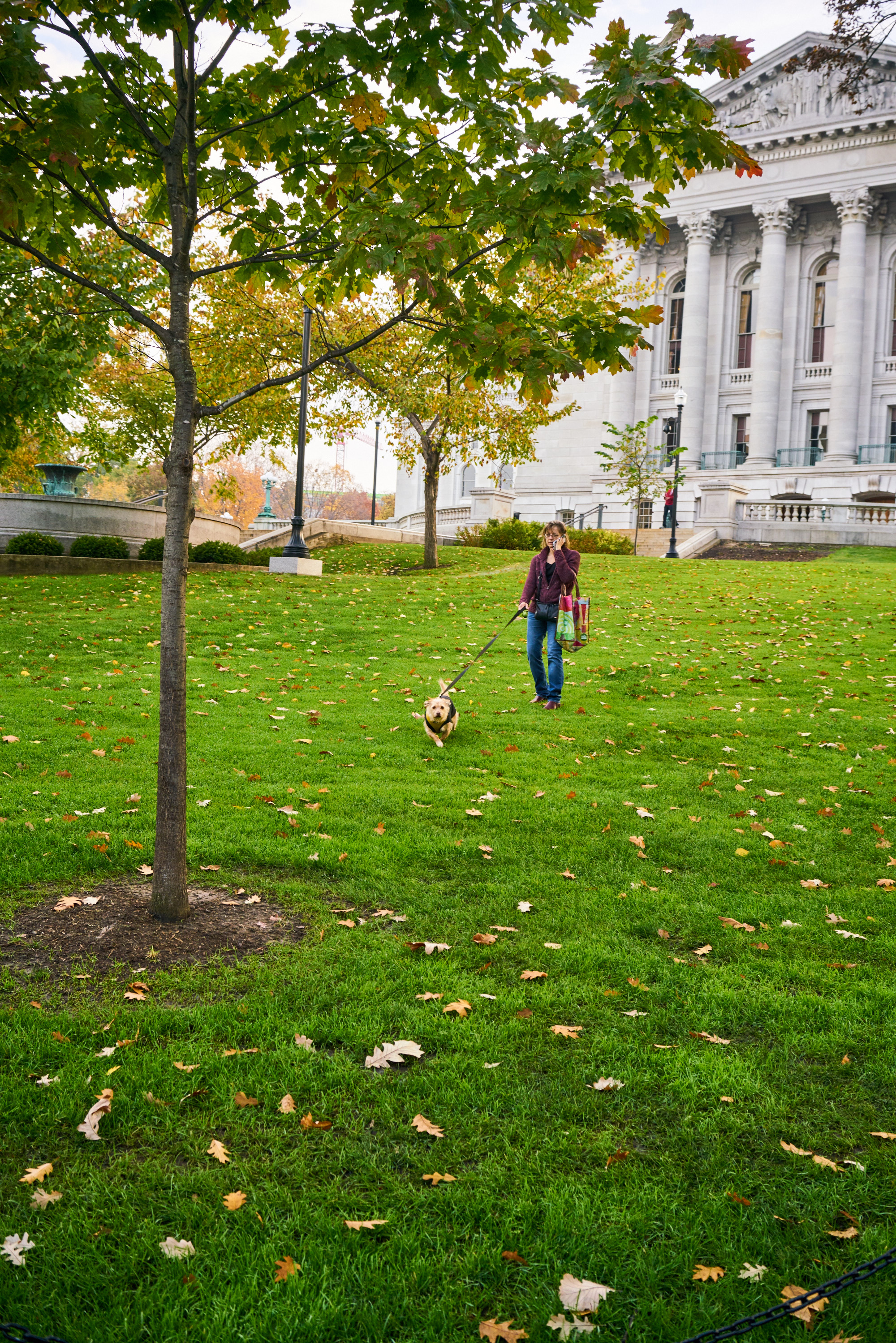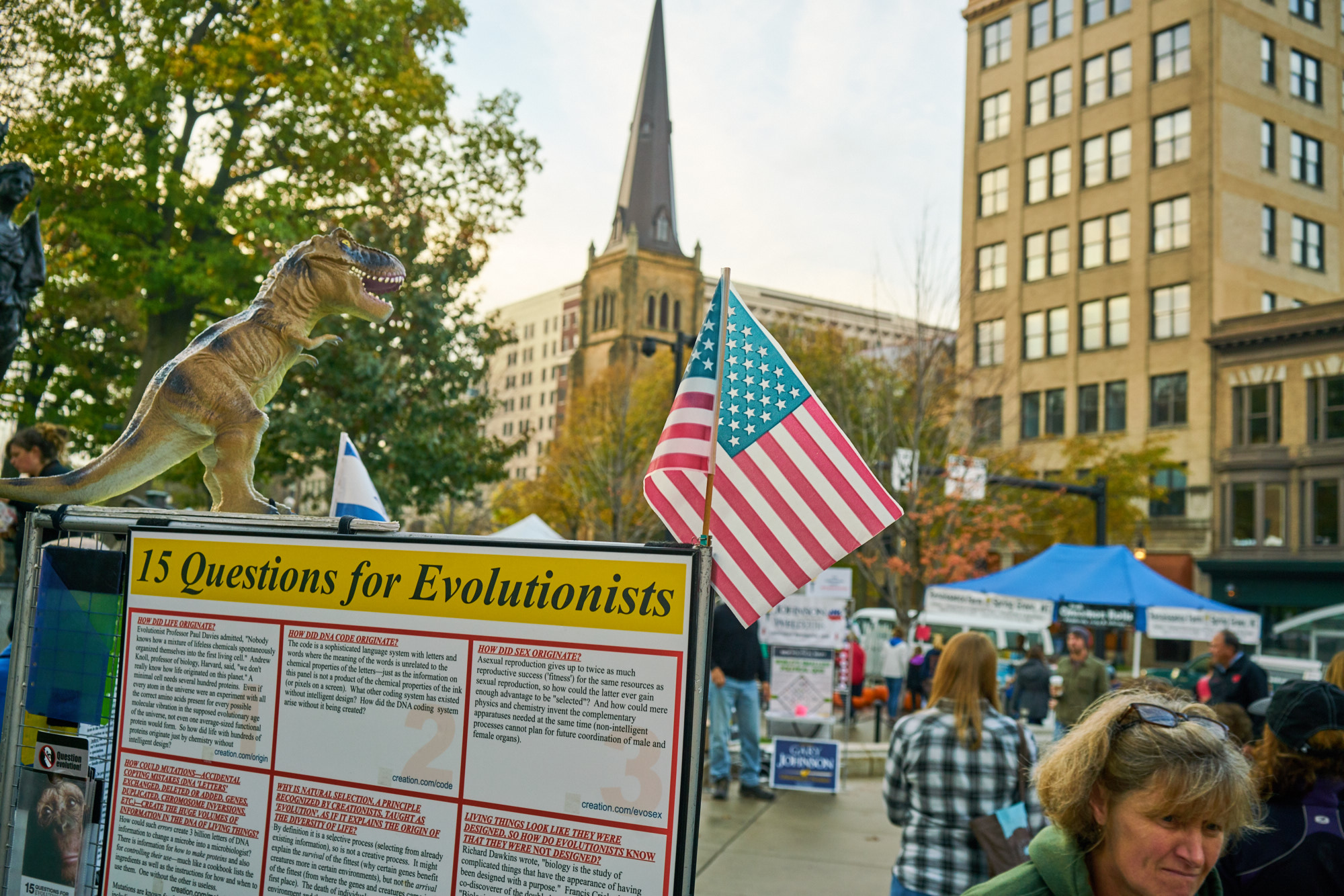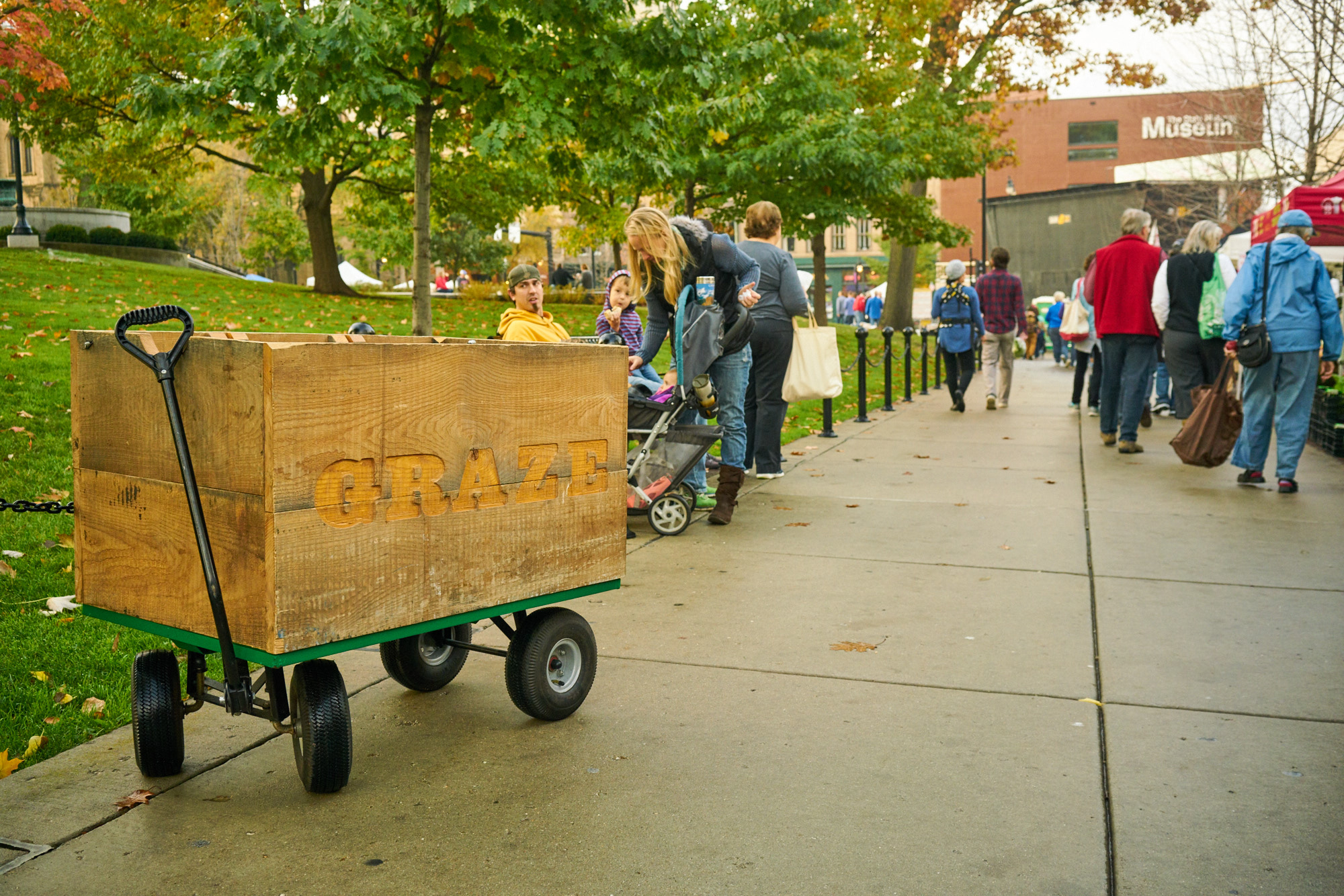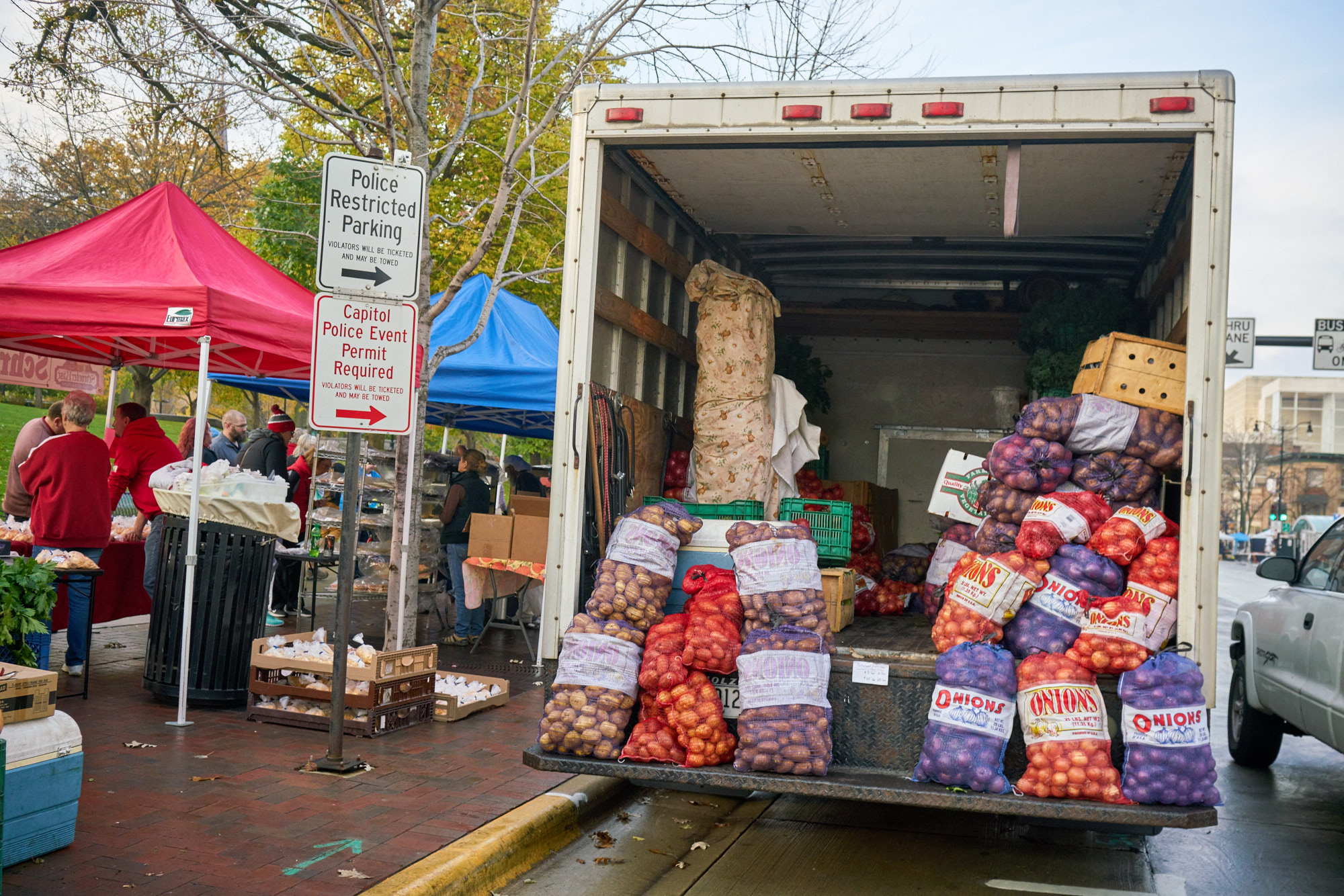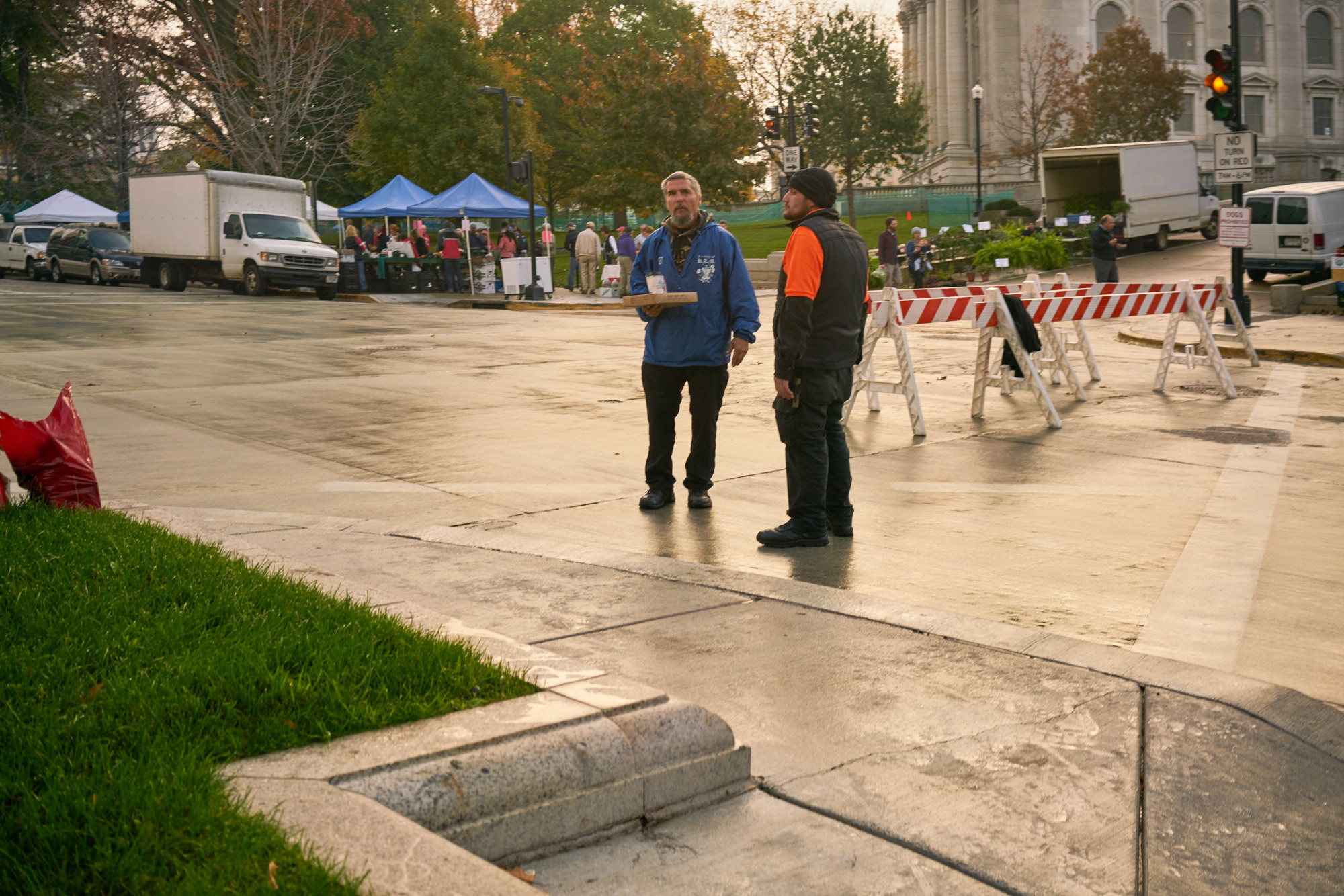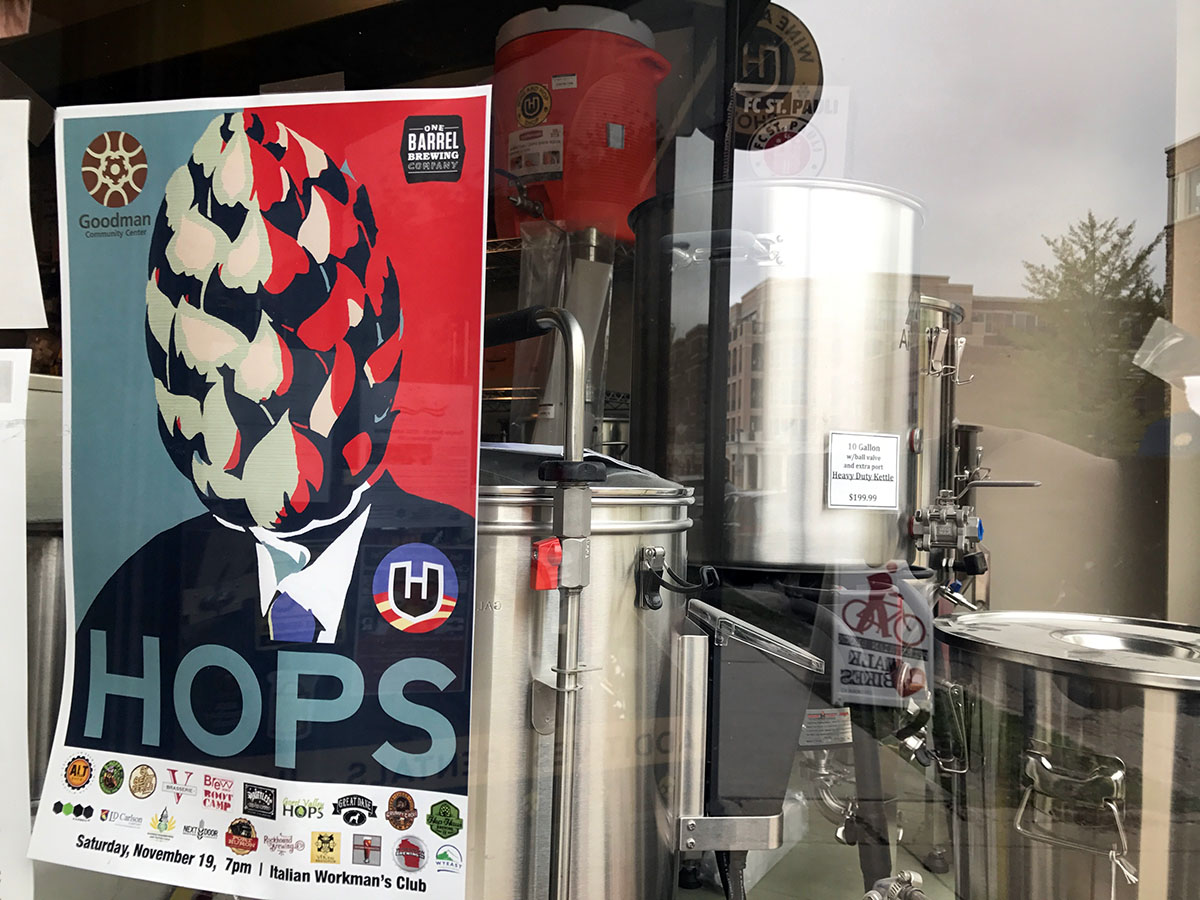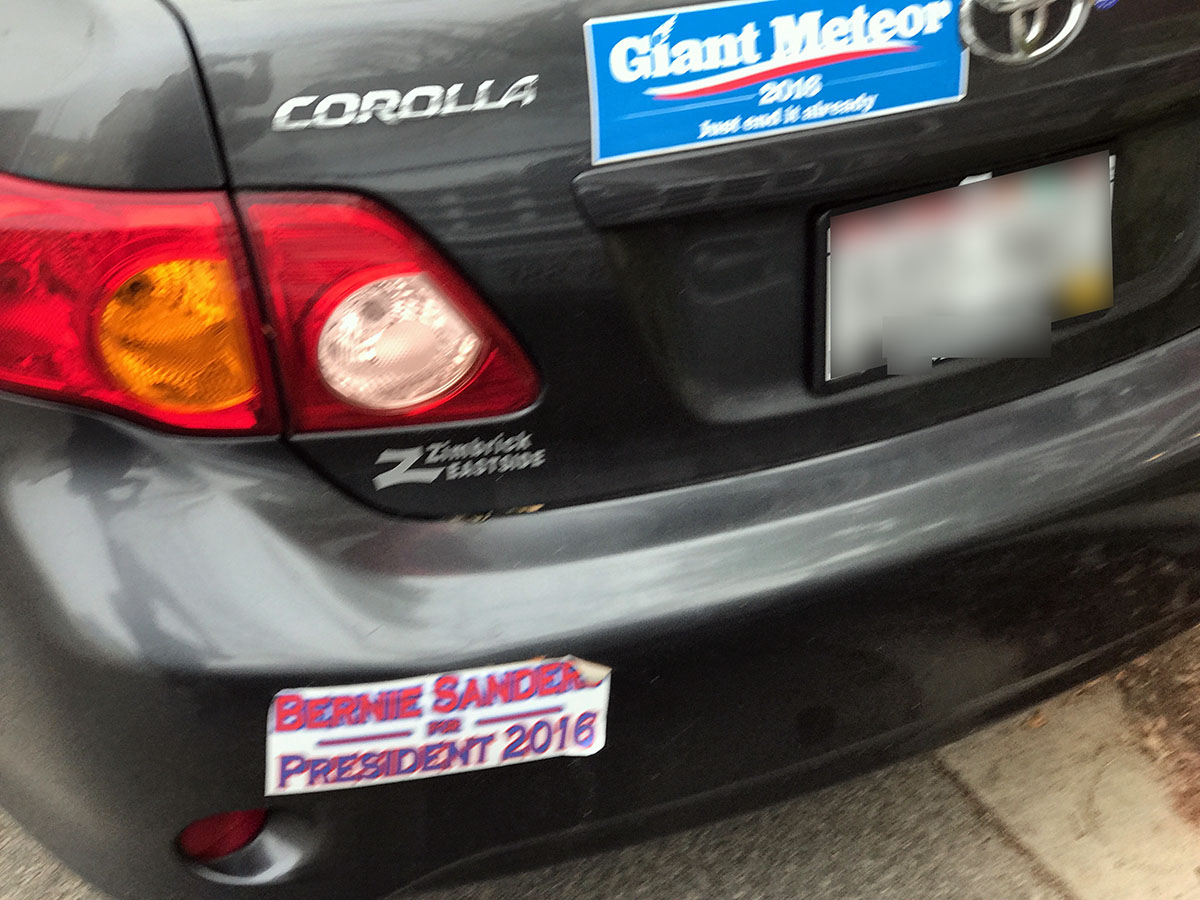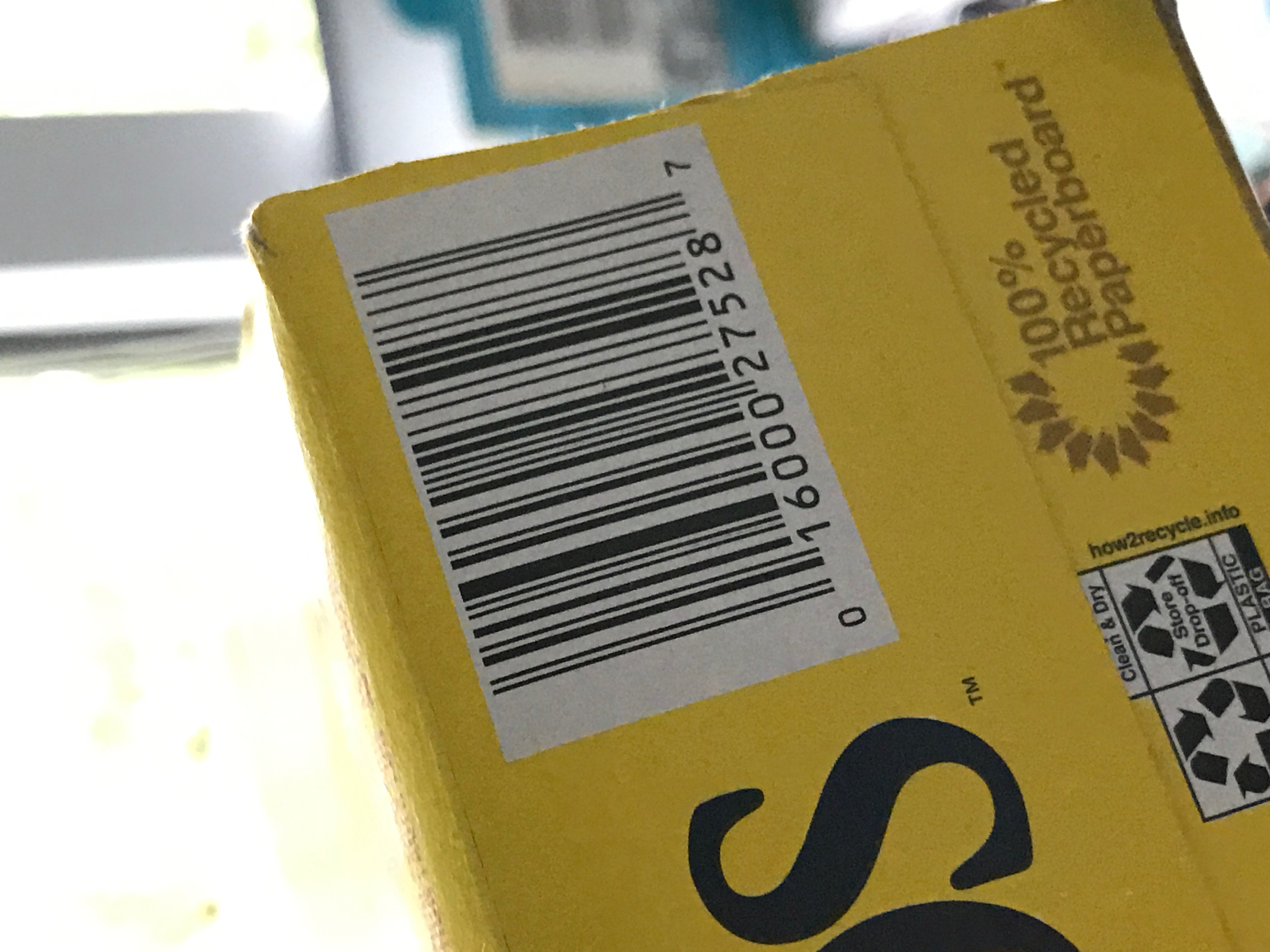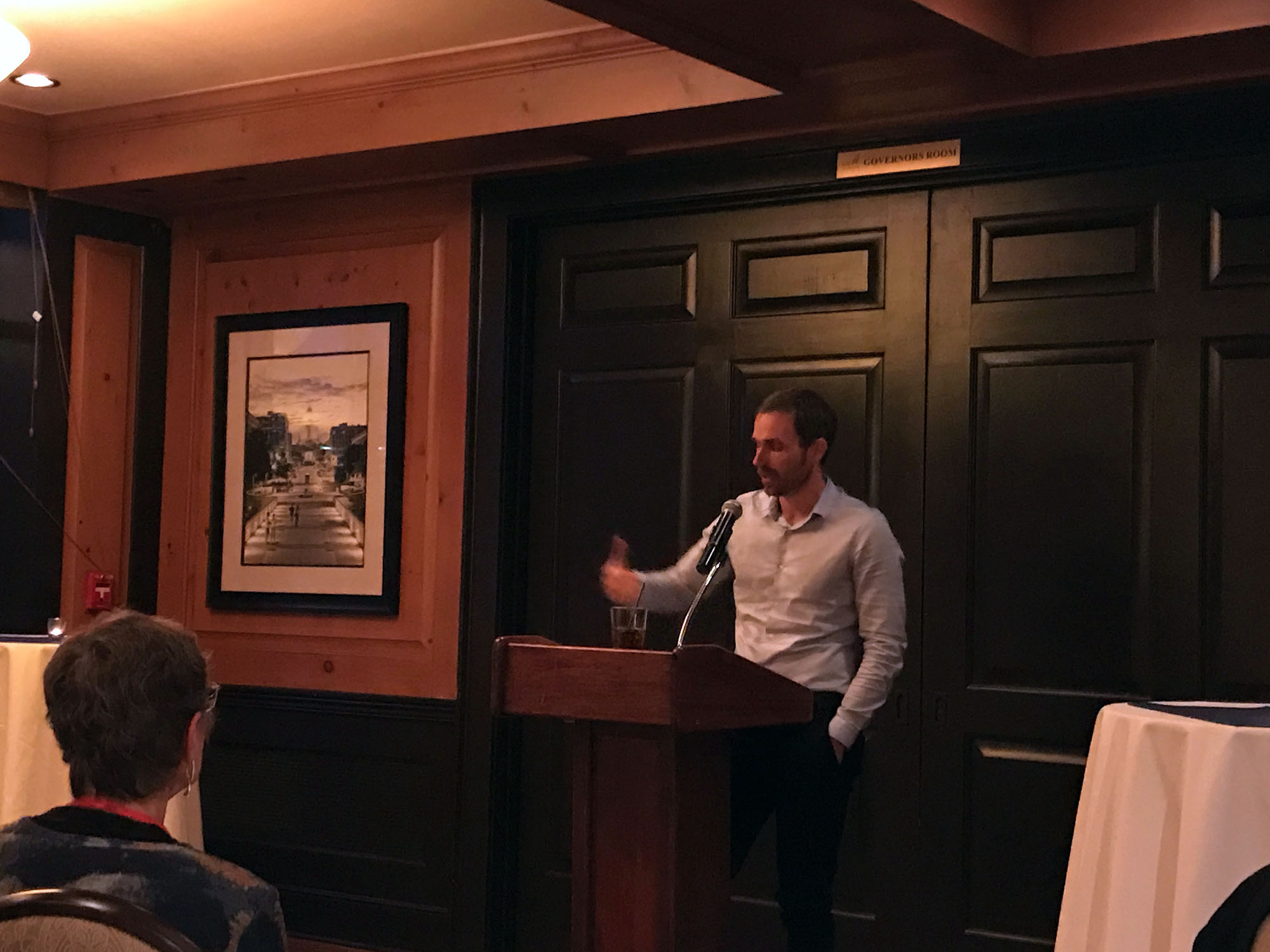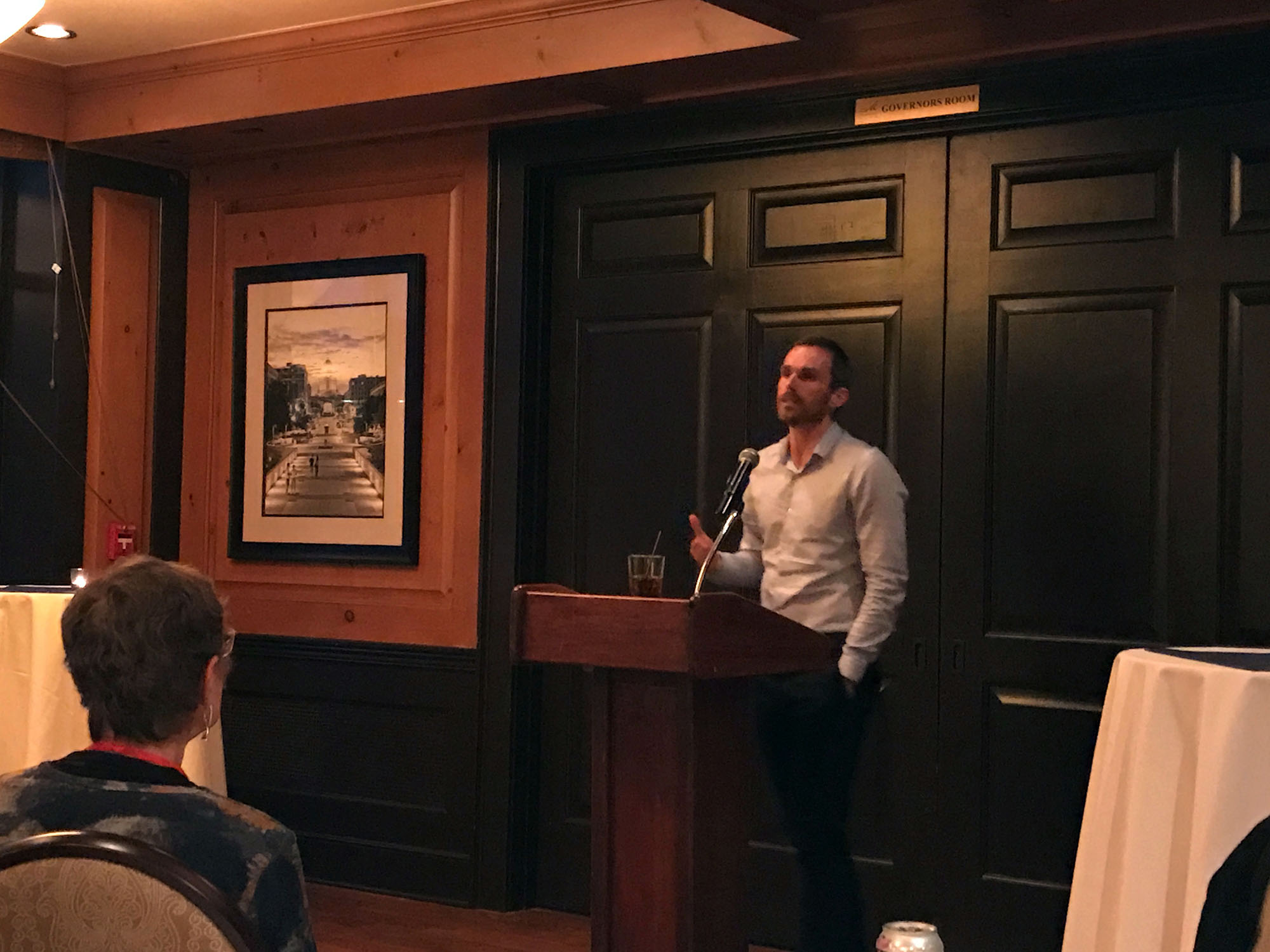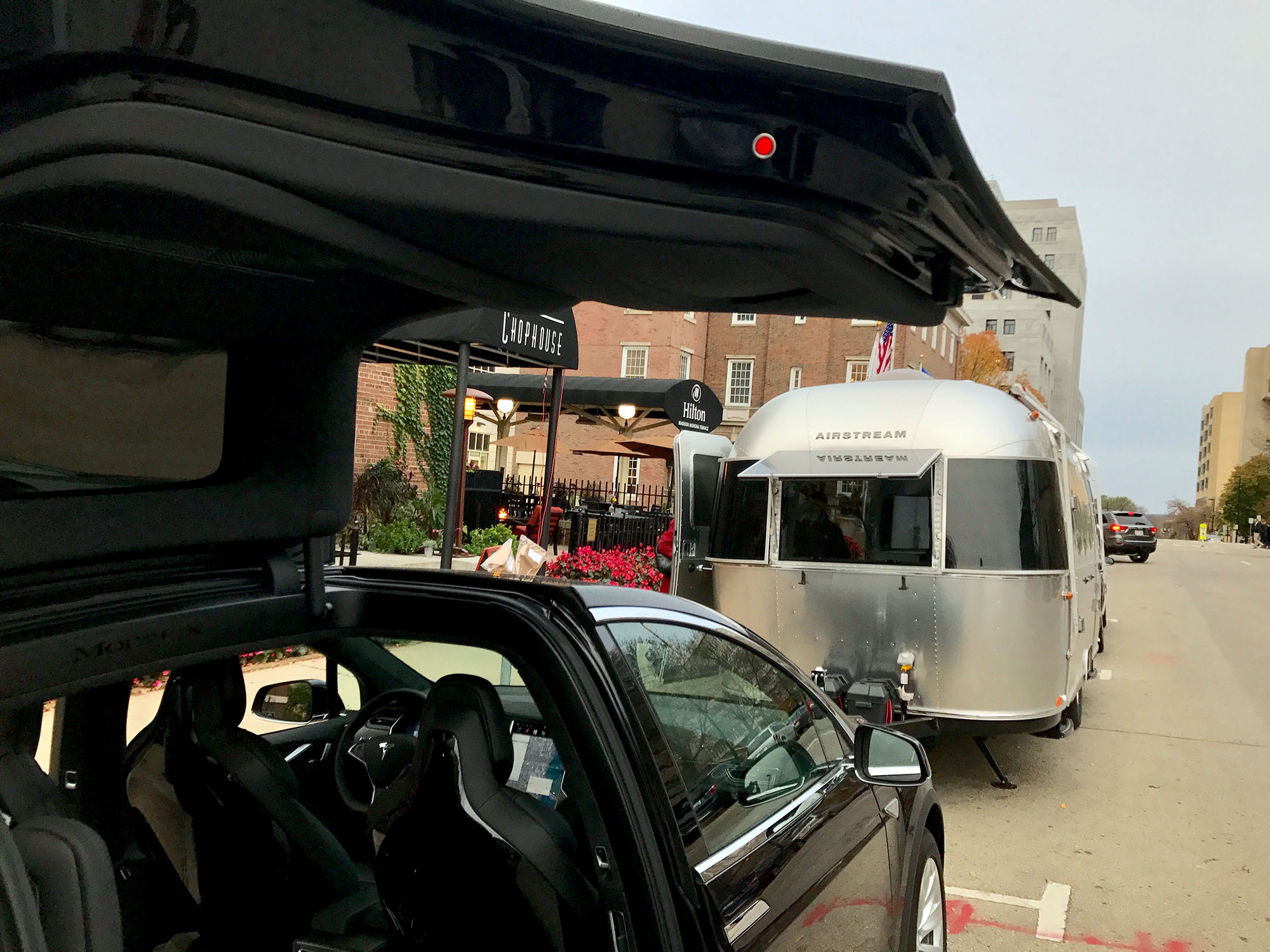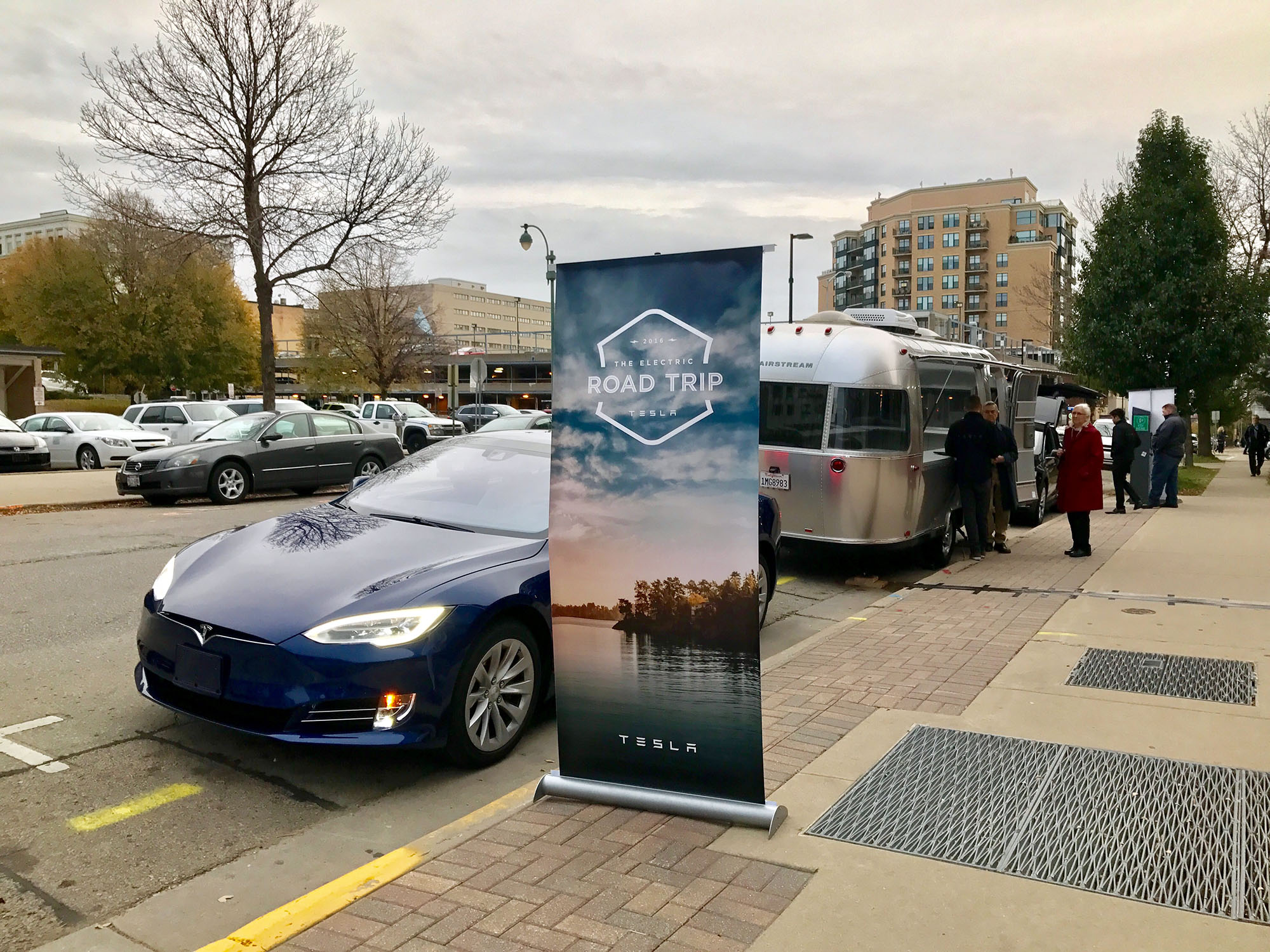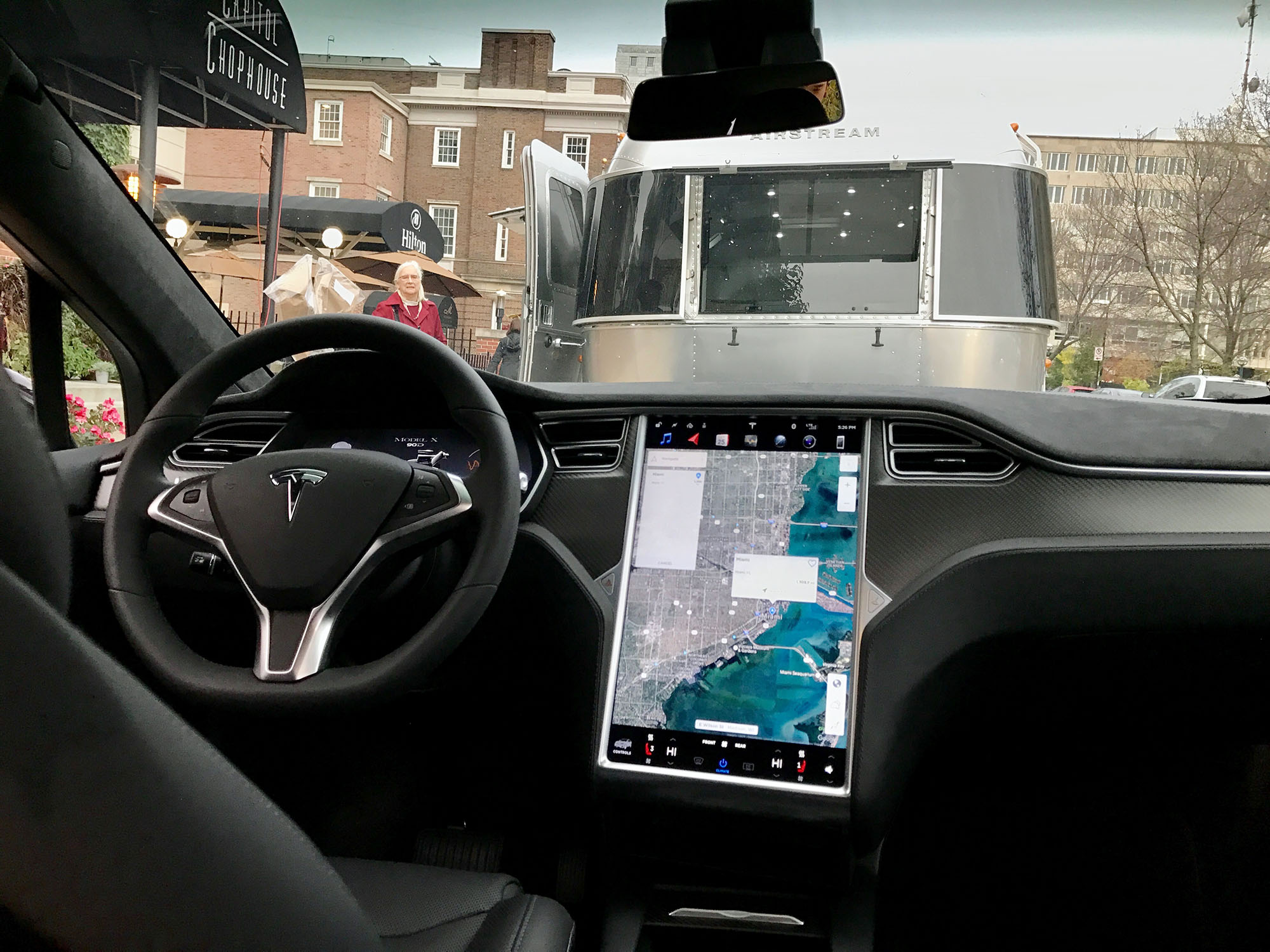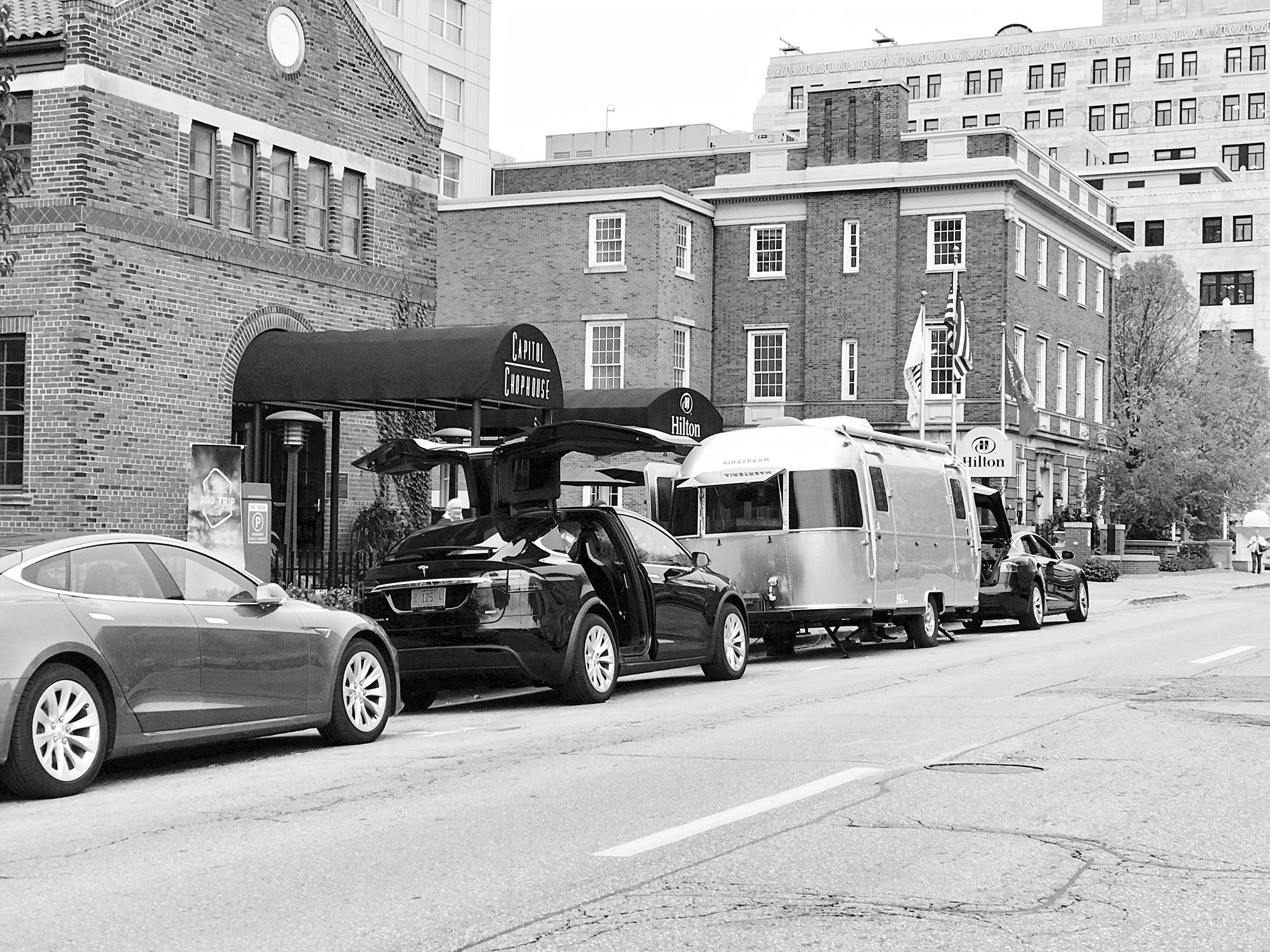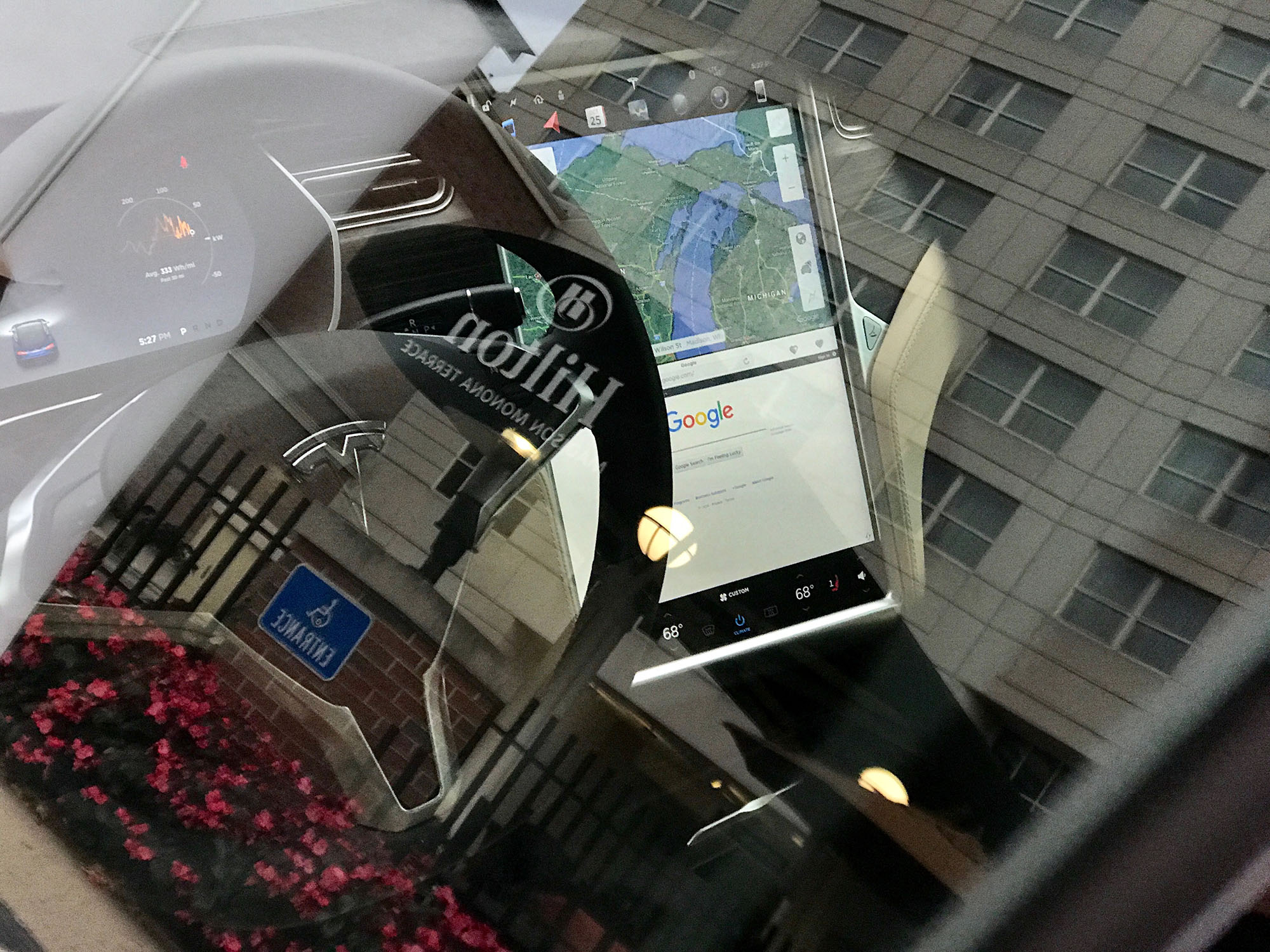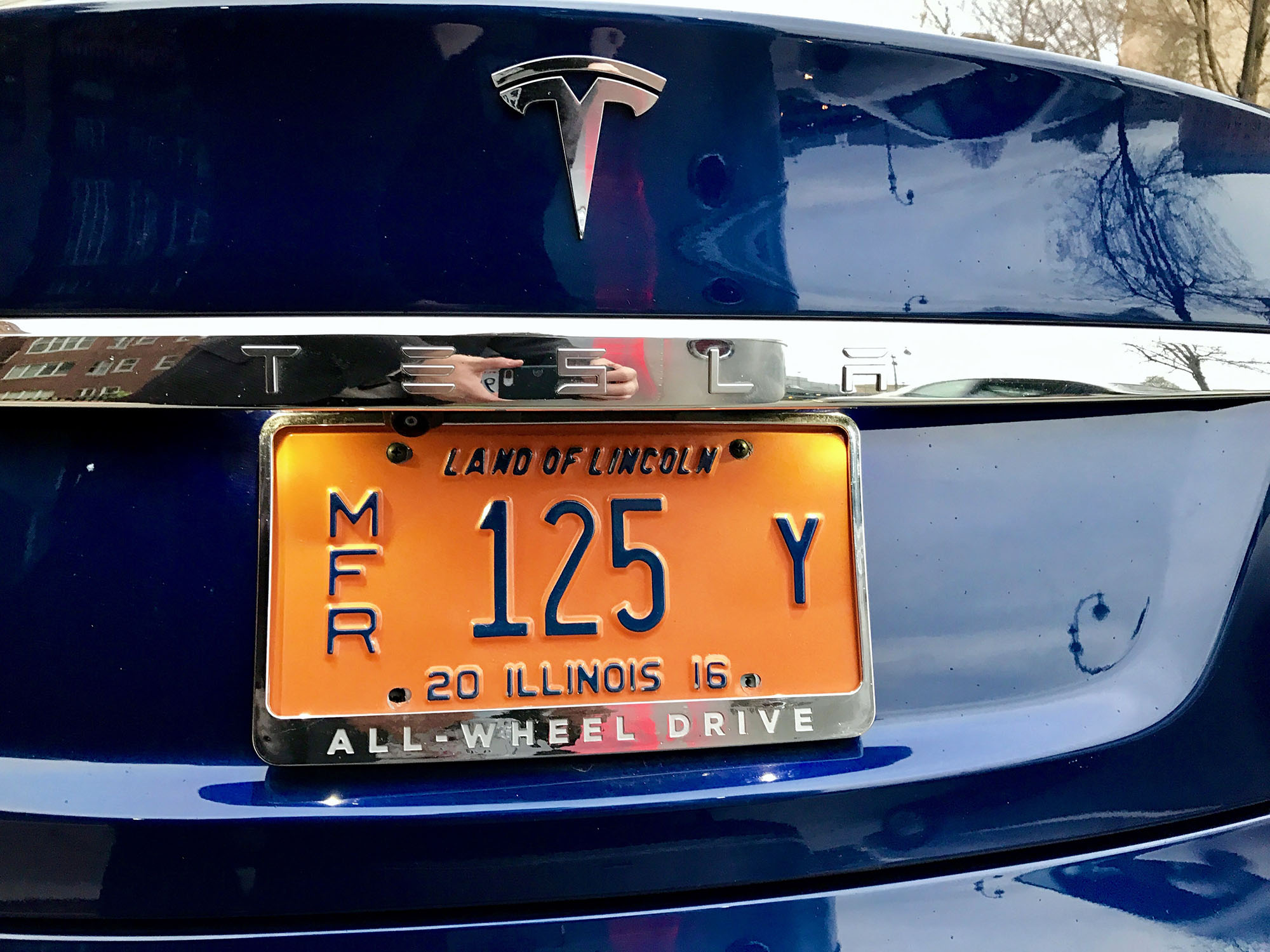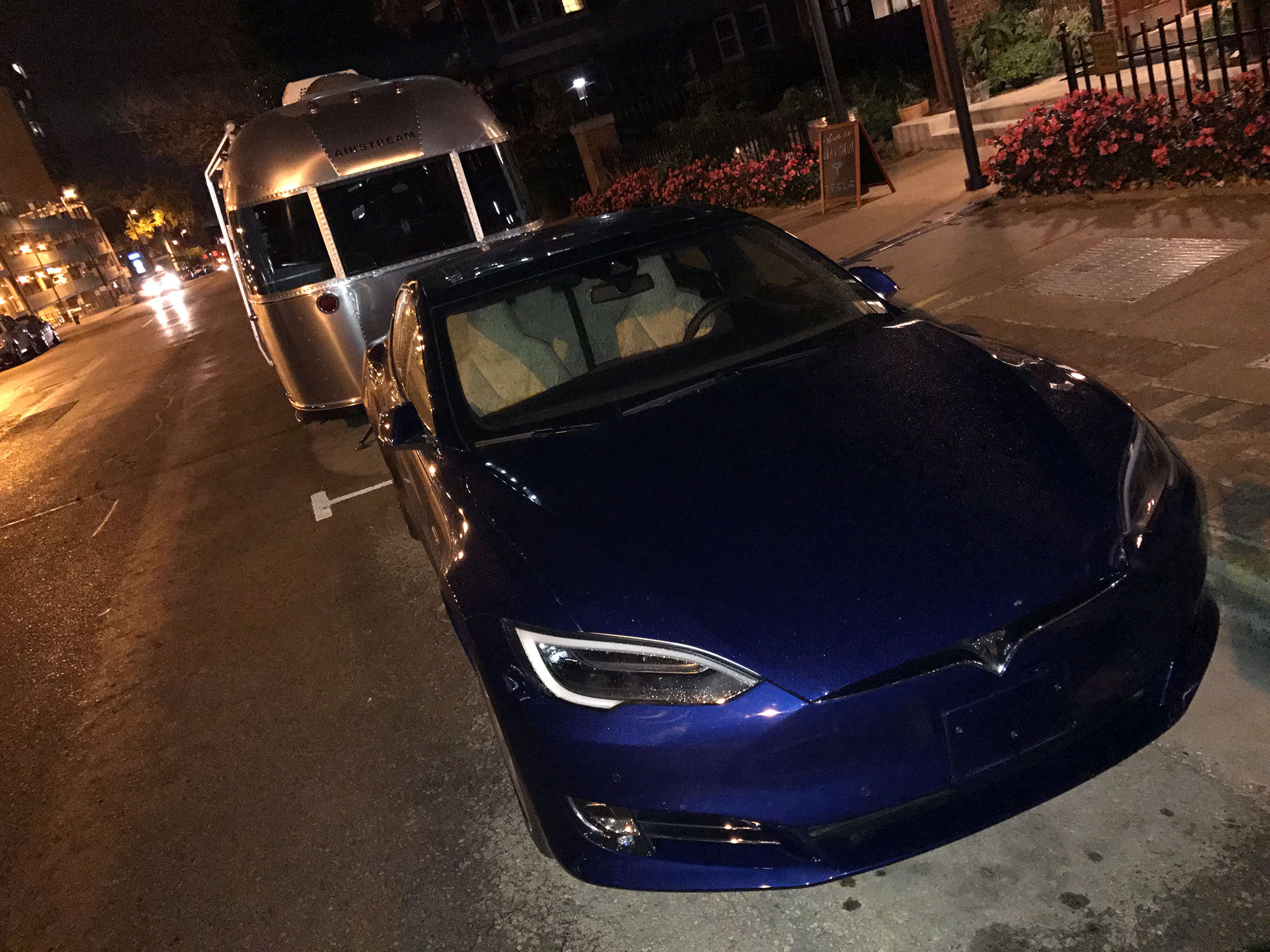The Economist recently tweeted a link to “US Election Briefs 2016”.
A long time Economist reader, I thought it worth a look. Unfortunately, the link revealed an 11 “page” PDF (Portable Document Format, circa 1993) document.
It appears that the document was simply a rollup of previously published articles, created via desktop publishing software and combined into one file for the 2016 US Presidential election.
Surely the Economist, with its global view and deep history could do so much more than a PDF – tweeted I at Denise Law.
She asked what I would like as an alternative?
I have a few ideas:
Display metadata on the candidate names across Economist assets: search, views, requests, bots.
Publish visual representations of these relationships across your assets ala MIT’s ClintonCircle.
Display the information in a variety of ways, including time series and “river of news”. Sort using your metadata. The results are grist for your traditional and emerging channels.
Building for the future, map their travel (1), accomplices including candidates, donors, hangers on, reporters, lobbyists and “enthusiastic, smart and low paid permanent employees” (2). Begin to map legislation, rule making and executive orders (3) to these locations and people.
Add US voter data layers to the map in preparation for future elections.
Automate. Render short videos using the maps, relationships, money and data.
Season this work with EIU data.
Perhaps our simple amuz app might offer a bit of inspiration. amuz is designed as a quick, modern introduction to my home: Madison. It is a beginning.
I would be happy to chat in further detail, when convenient.
——
1. The Economist:
Since taking office, Mrs Clinton has visited 95 countries (see map) and logged some 730,000 miles, sometimes cramming more than a dozen meetings into a single day.
2. Google Chairman Eric Schmidt writing to Clinton Campaign Chair Tony Podesta.
3. A Bill (Kenan Thompson) tries to explain government to a little kid (Kyle Mooney), then President Obama (Jay Pharaoh) and his bullying friend Executive Order (Bobby Moynihan) explain how things really work. [SNL Season 40, 2014]
—–
P.S. The fruits of data and related analysis:
Propublica: President Obama promised to fight corporate concentration. Eight years later, the airline industry is dominated by just four companies. And you’re paying for it.
“They used their pull in the administration, including at the White House, and with a high-level friend at the Justice Department, going over the heads of staff prosecutors. And just days after the suit was announced, the airlines turned to Chicago Mayor Rahm Emanuel, Obama’s first White House chief of staff, to help push back against the Justice Department.
Some lawyers and officials who worked on the American-US Airways case now say they were “appalled” by the decision to settle, as one put it.
“It was a gross miscarriage of justice that that case was dropped and an outrage and an example of how our system should not work,” said Tom Horne, the former state attorney general of Arizona, one of seven states that were co-plaintiffs with the federal government.”
Rather fascinating to see the Mayor of Chicago mingling with a federal matter.


